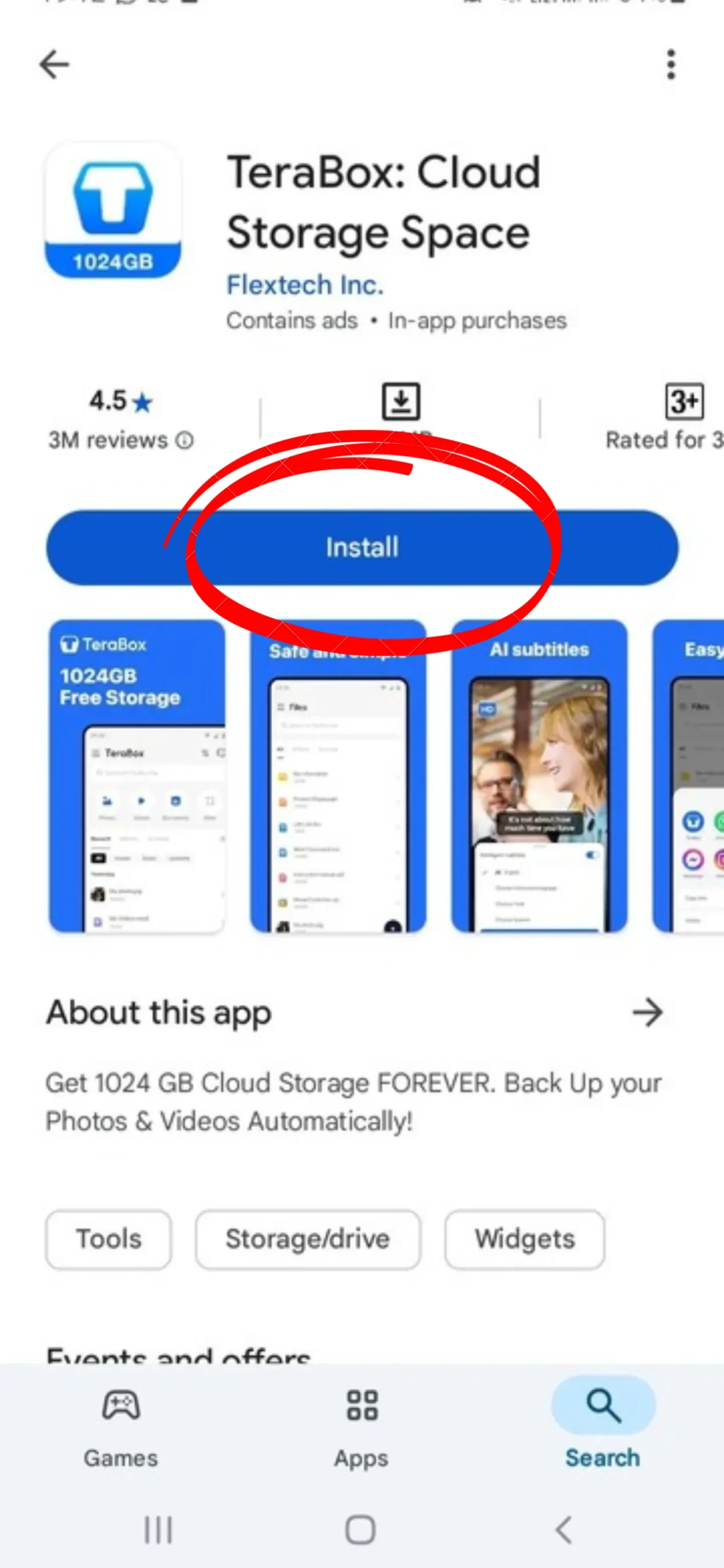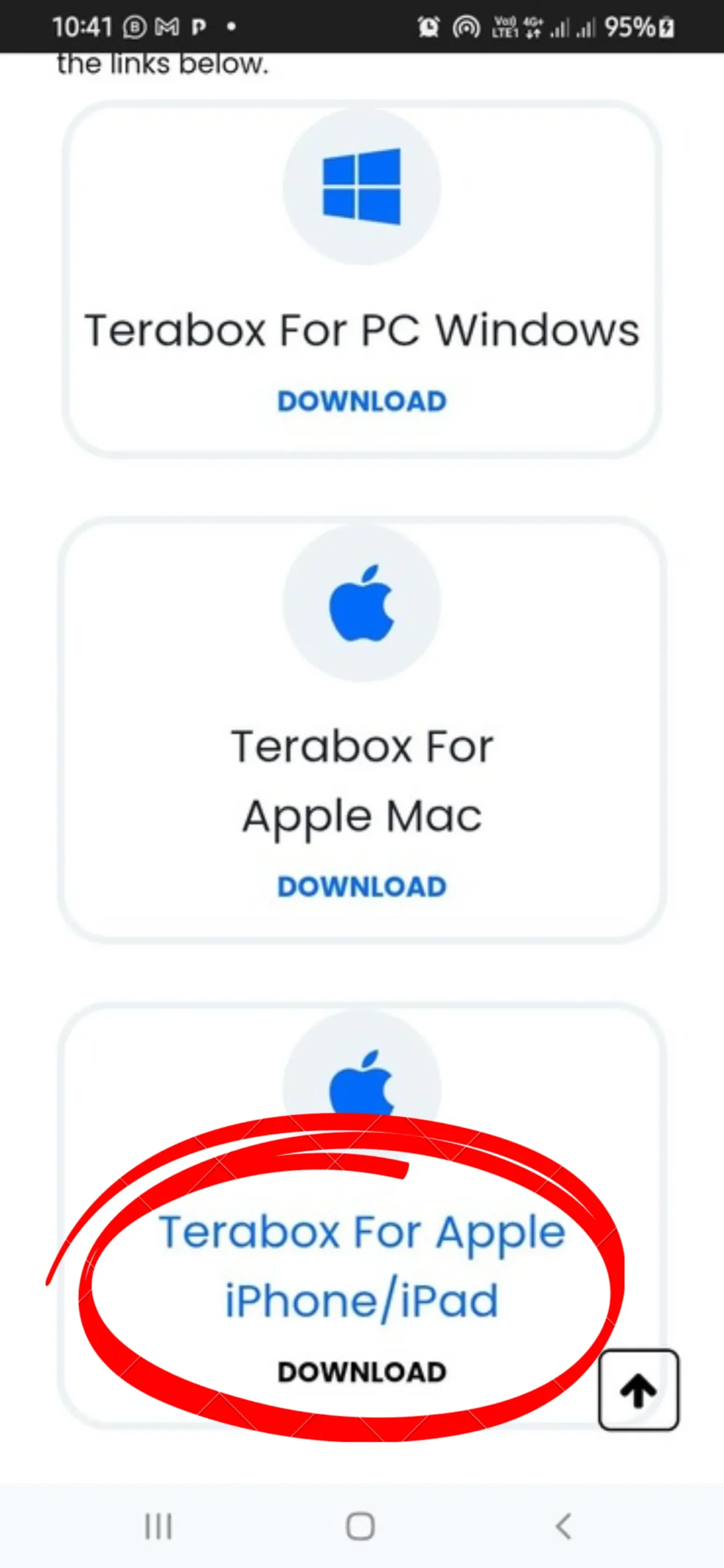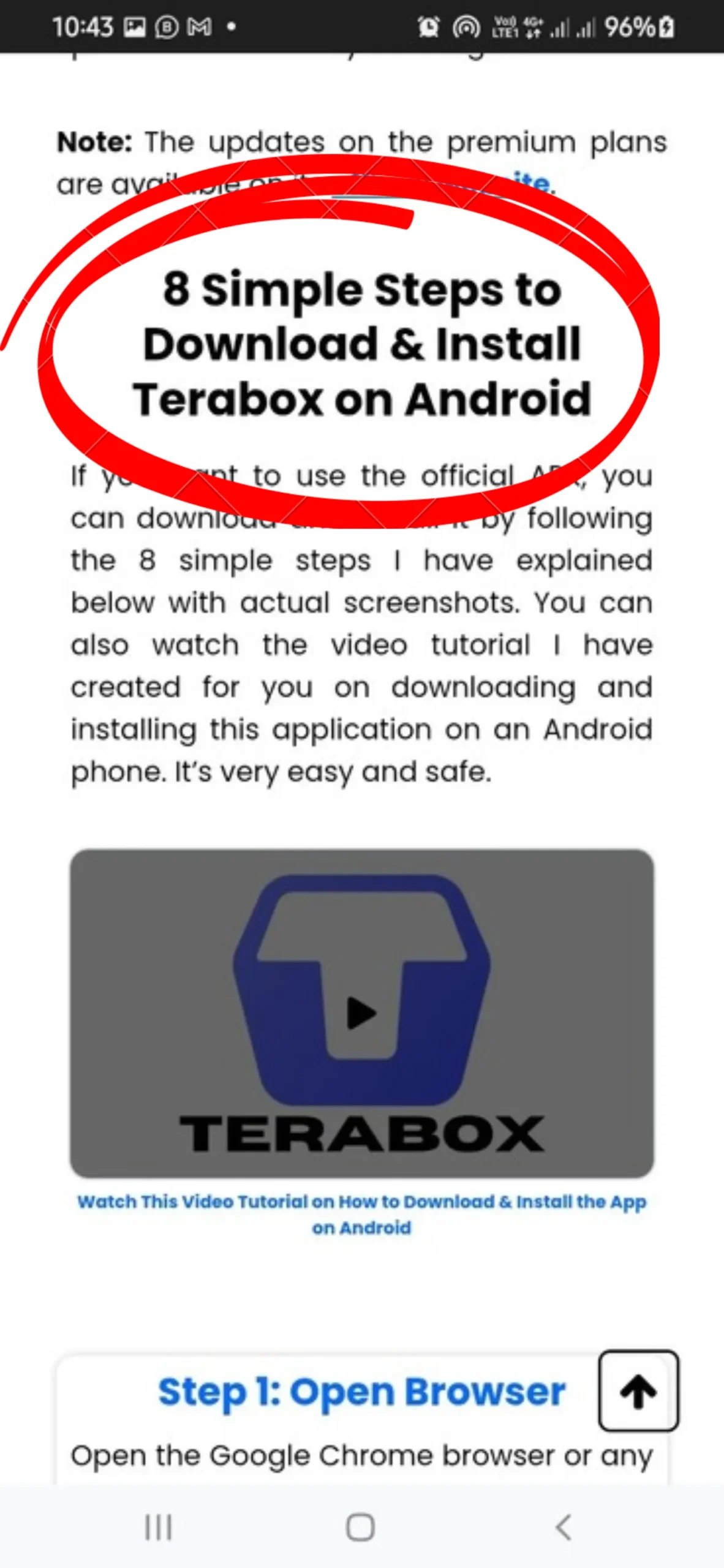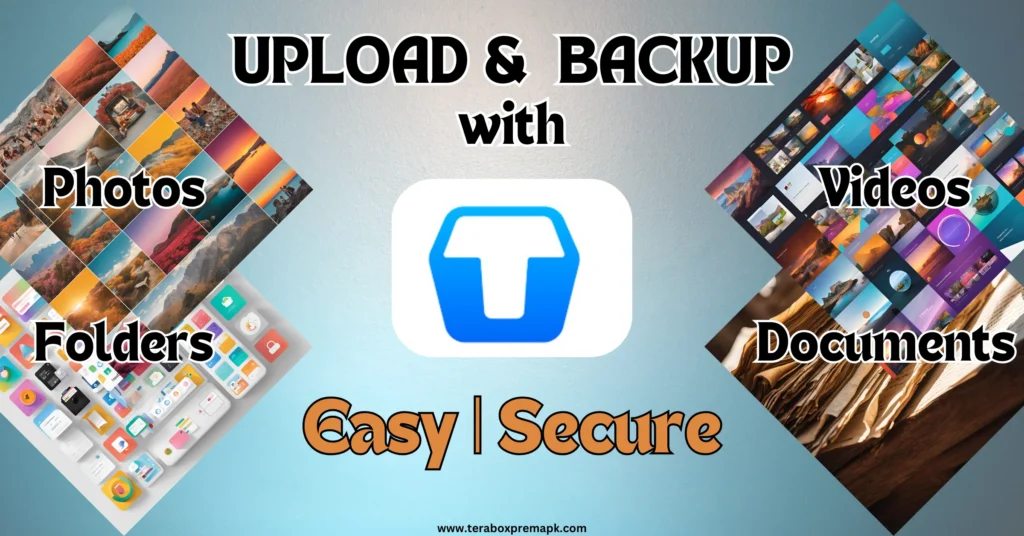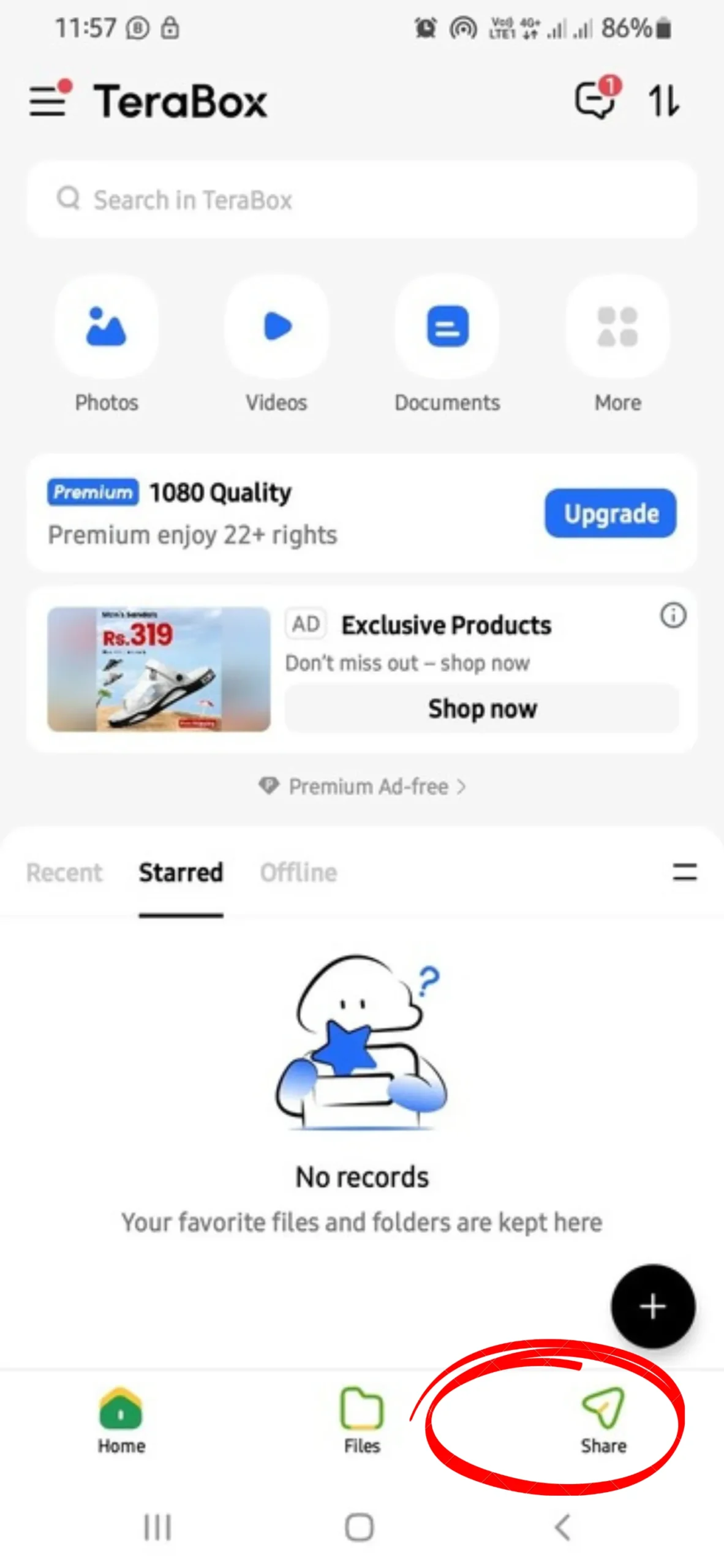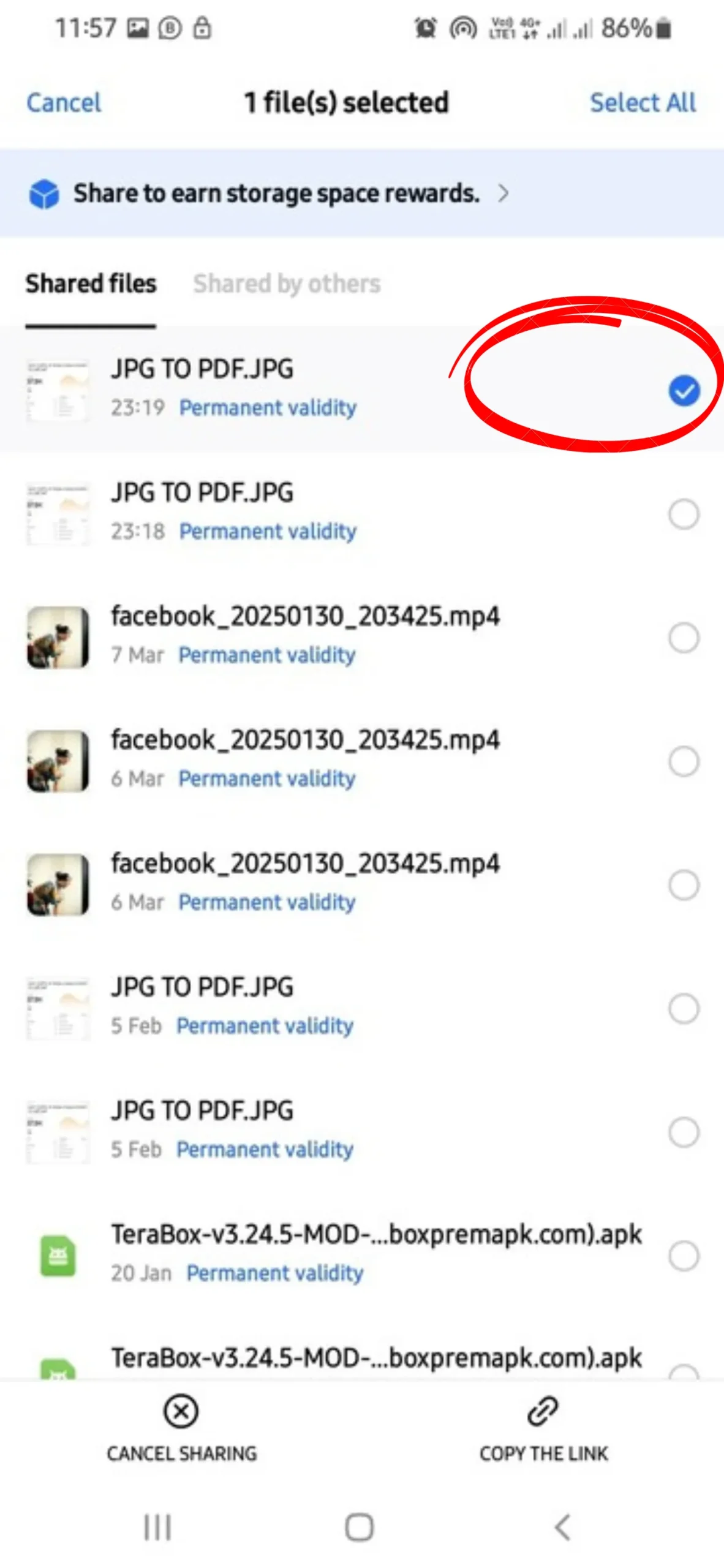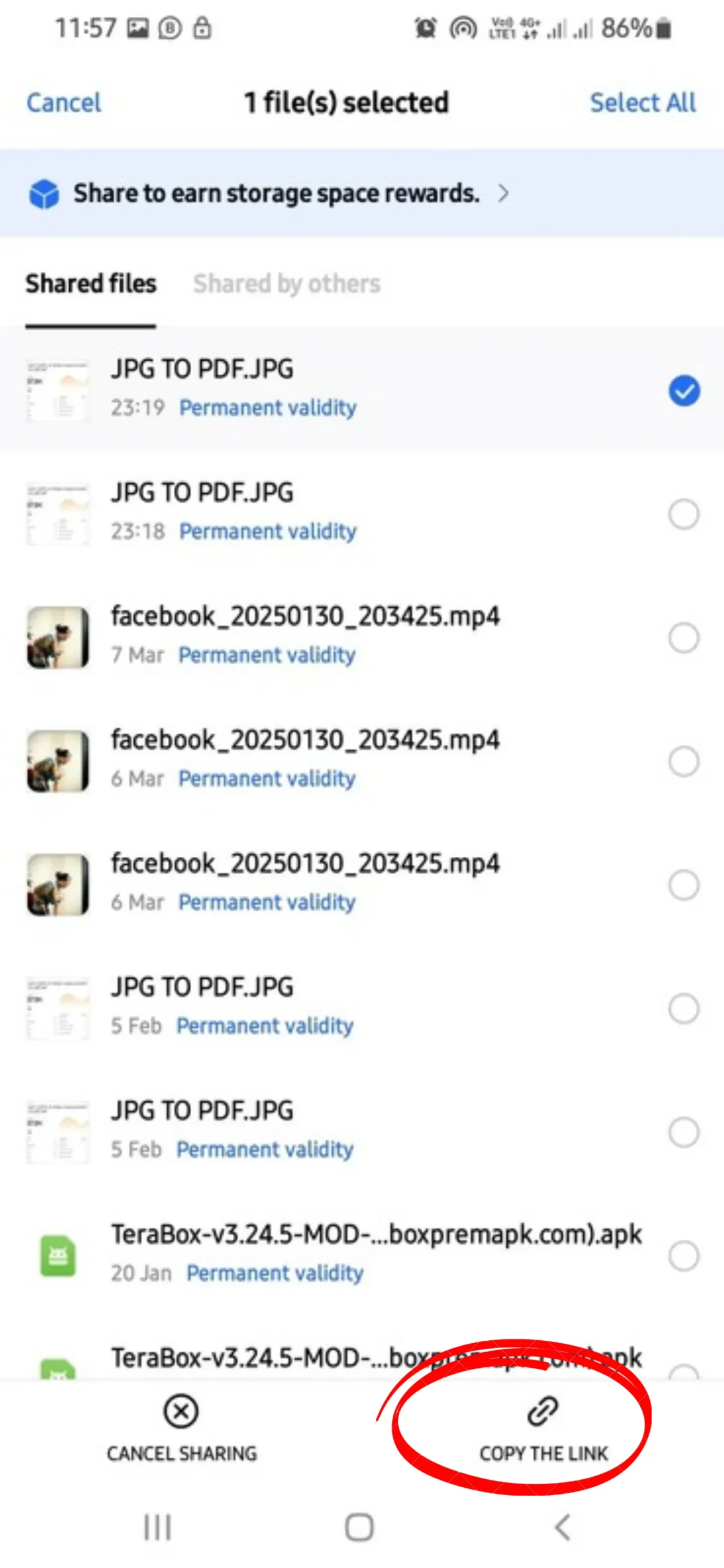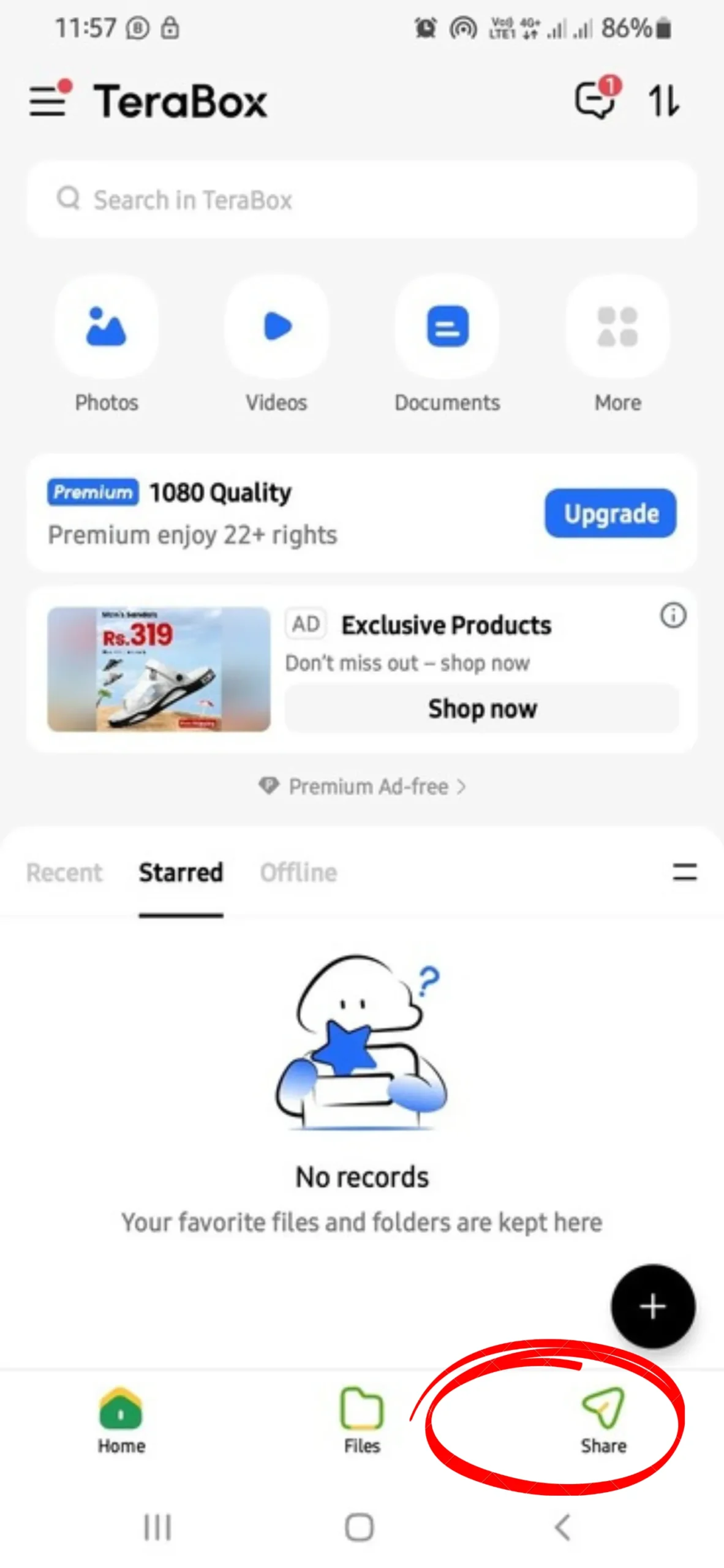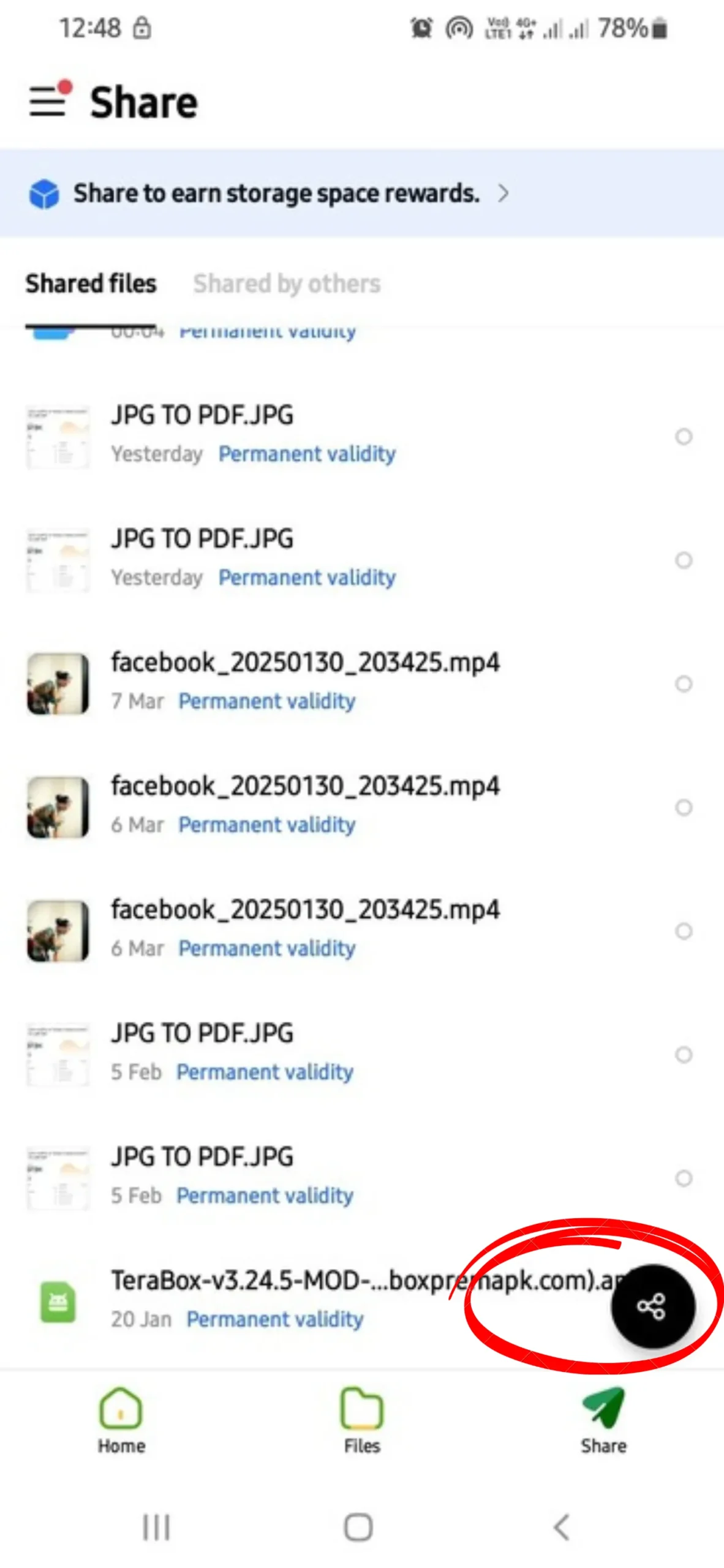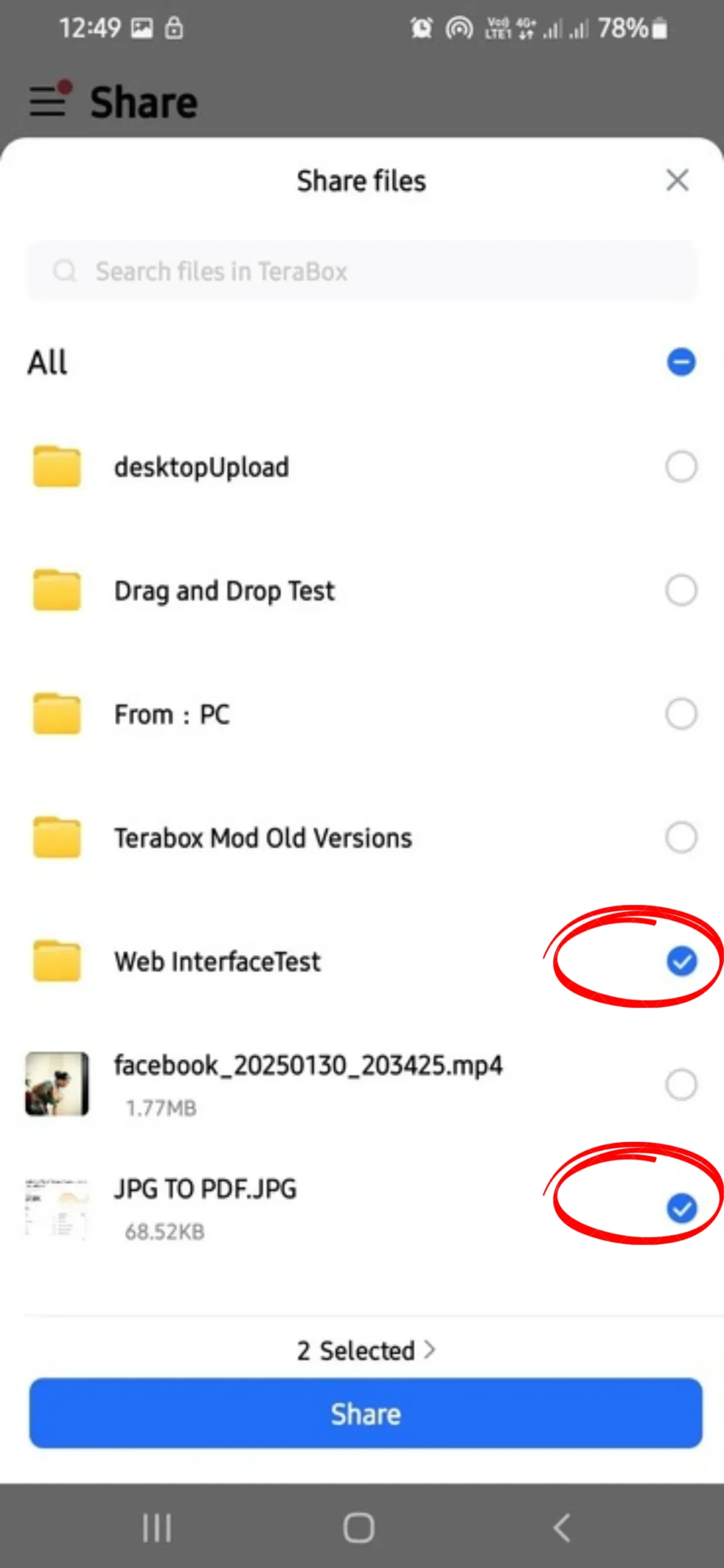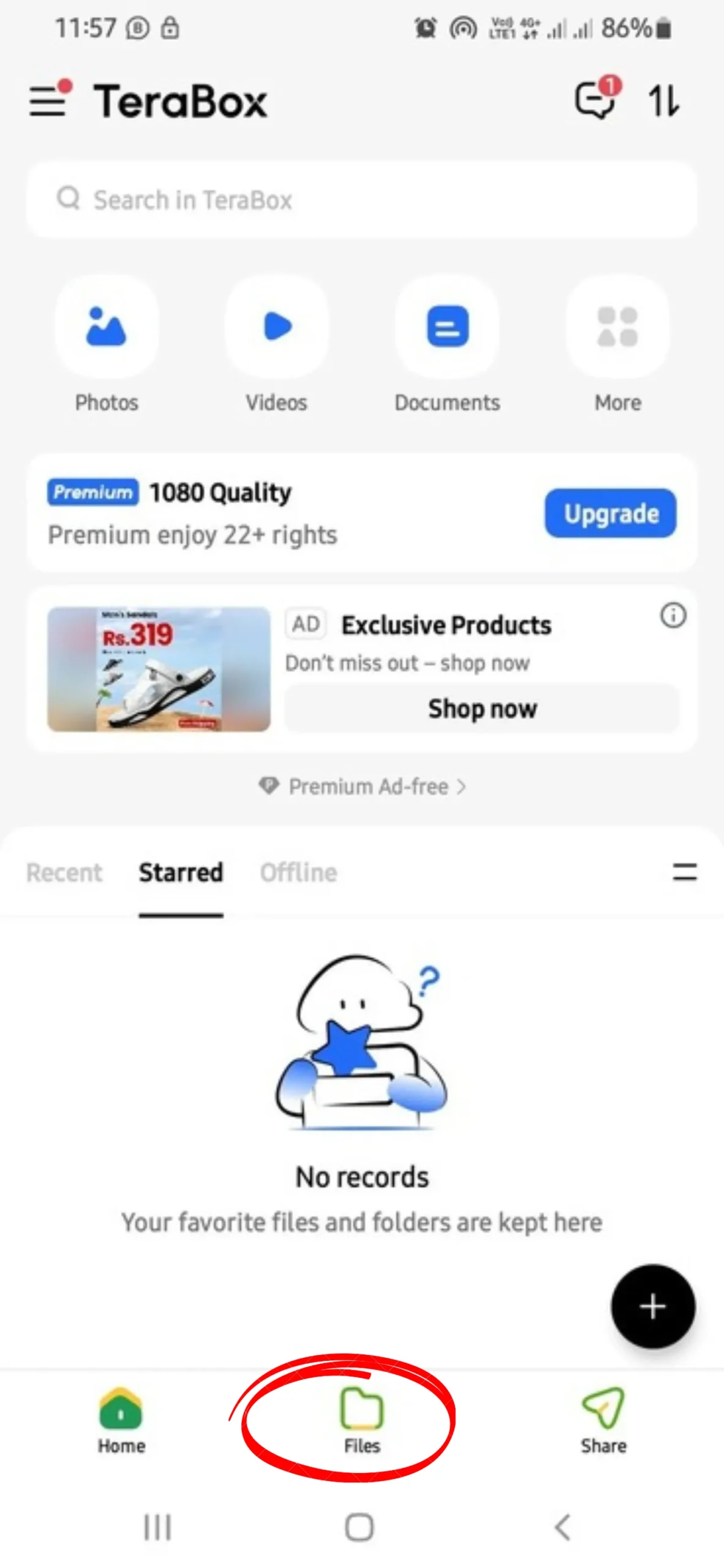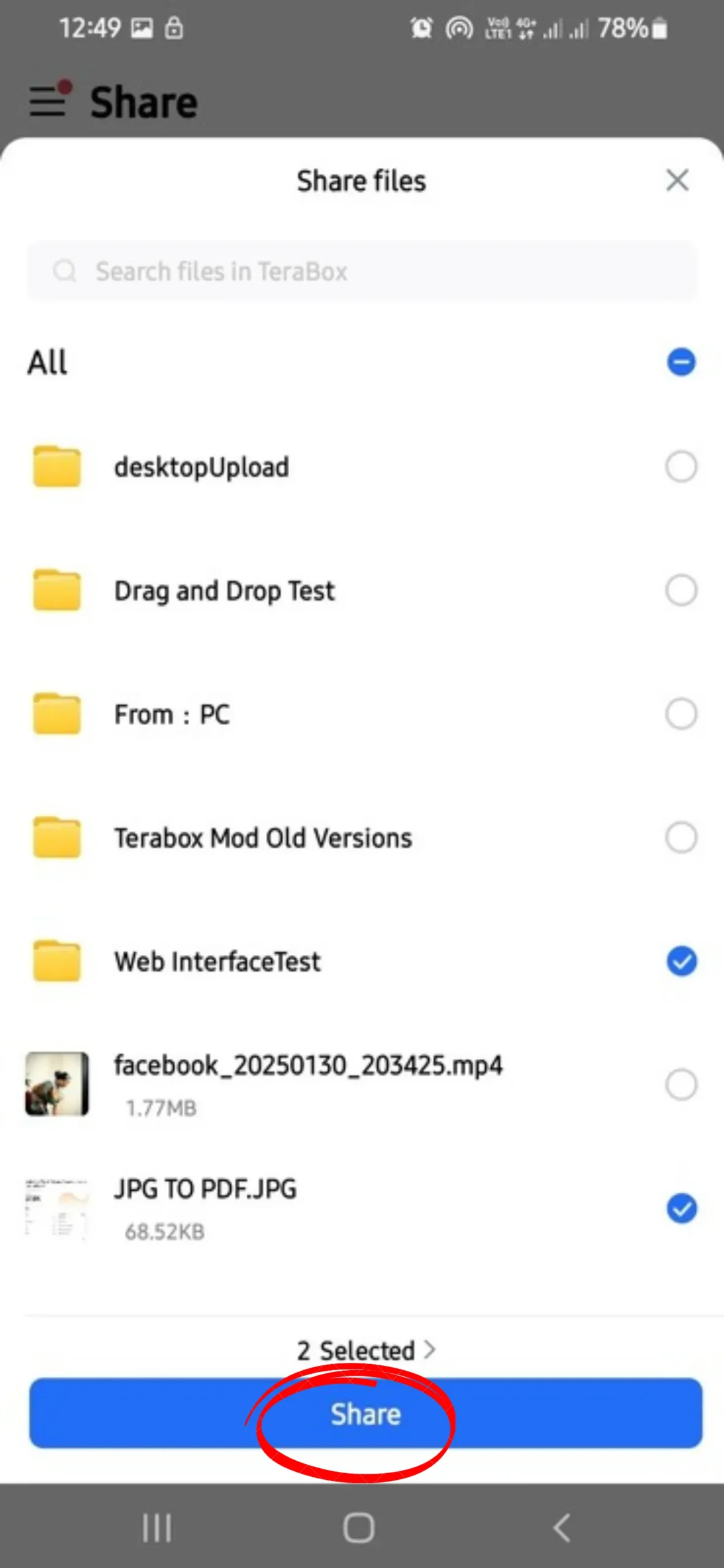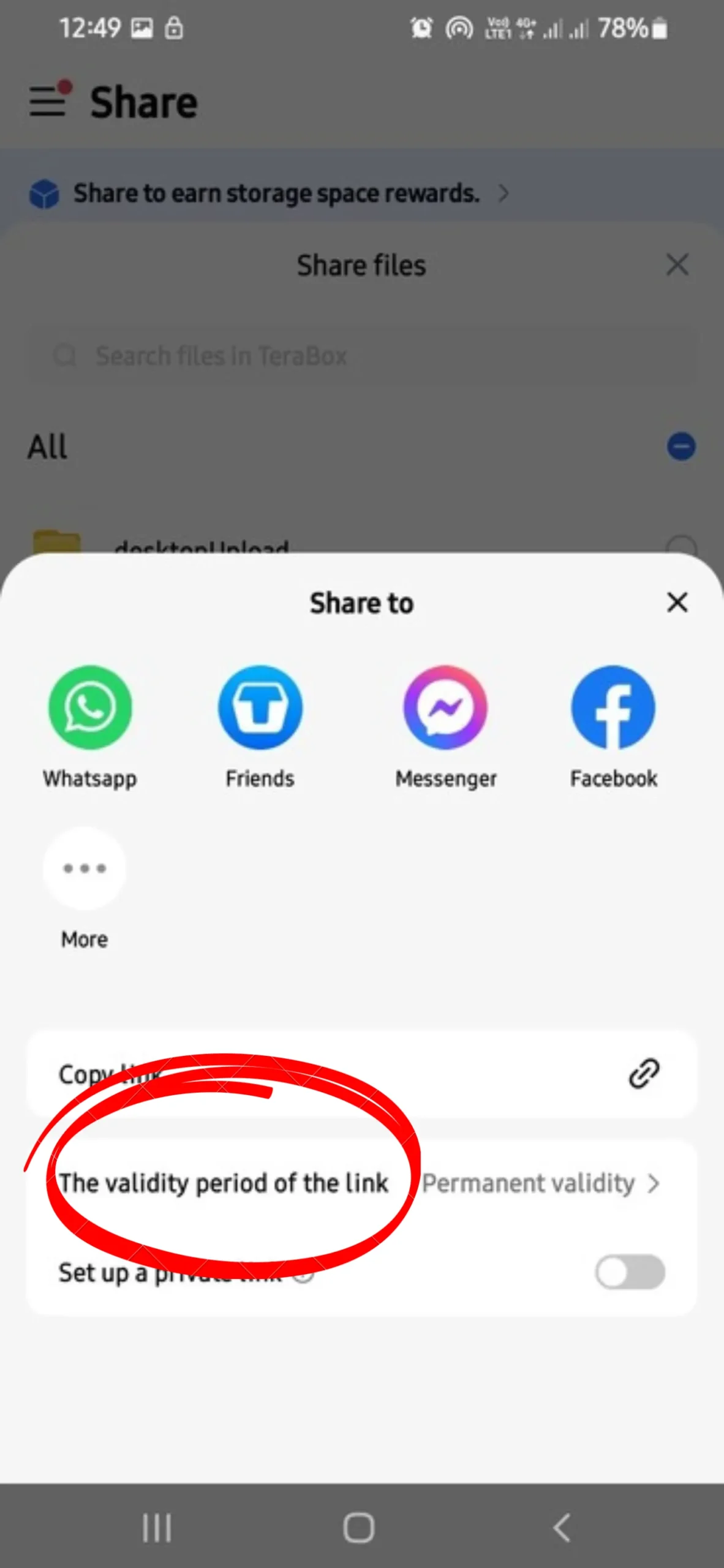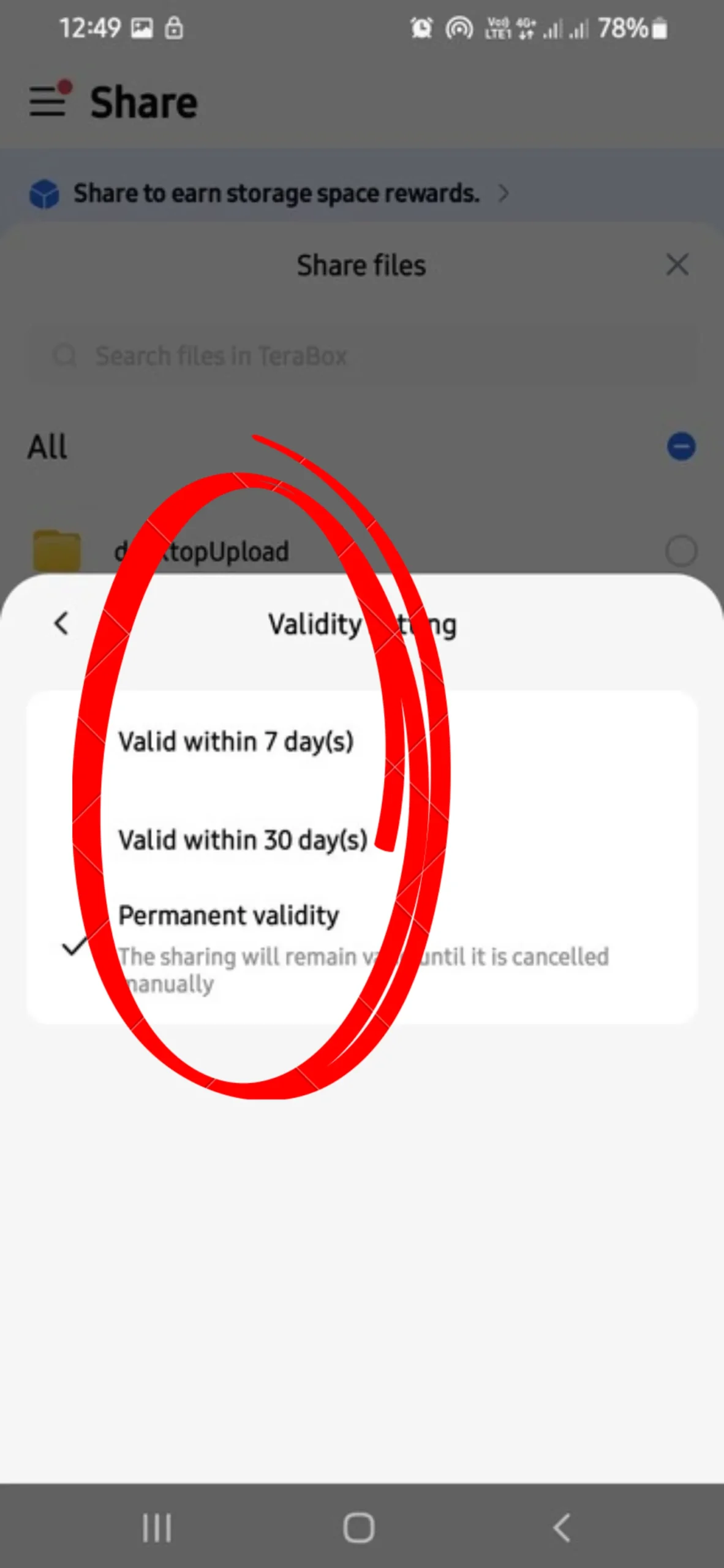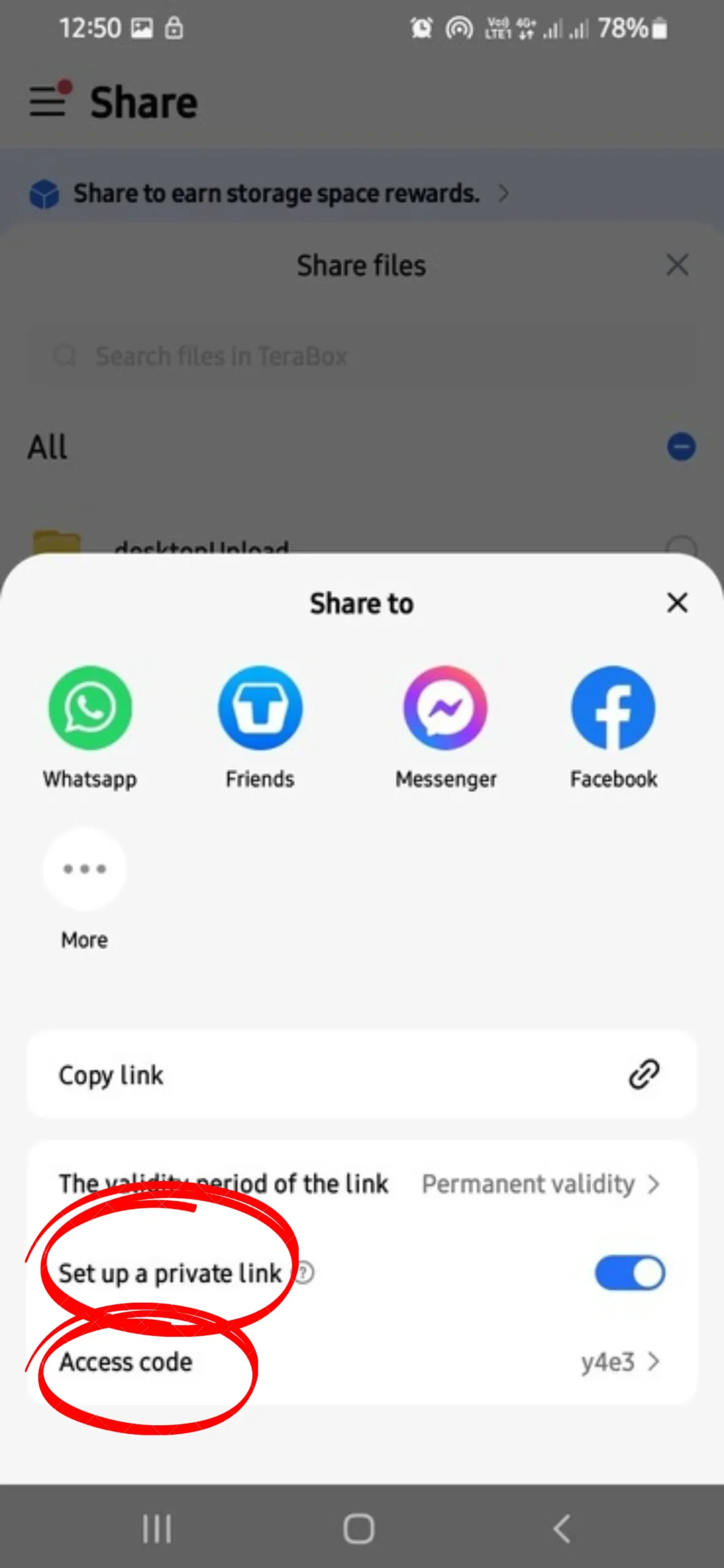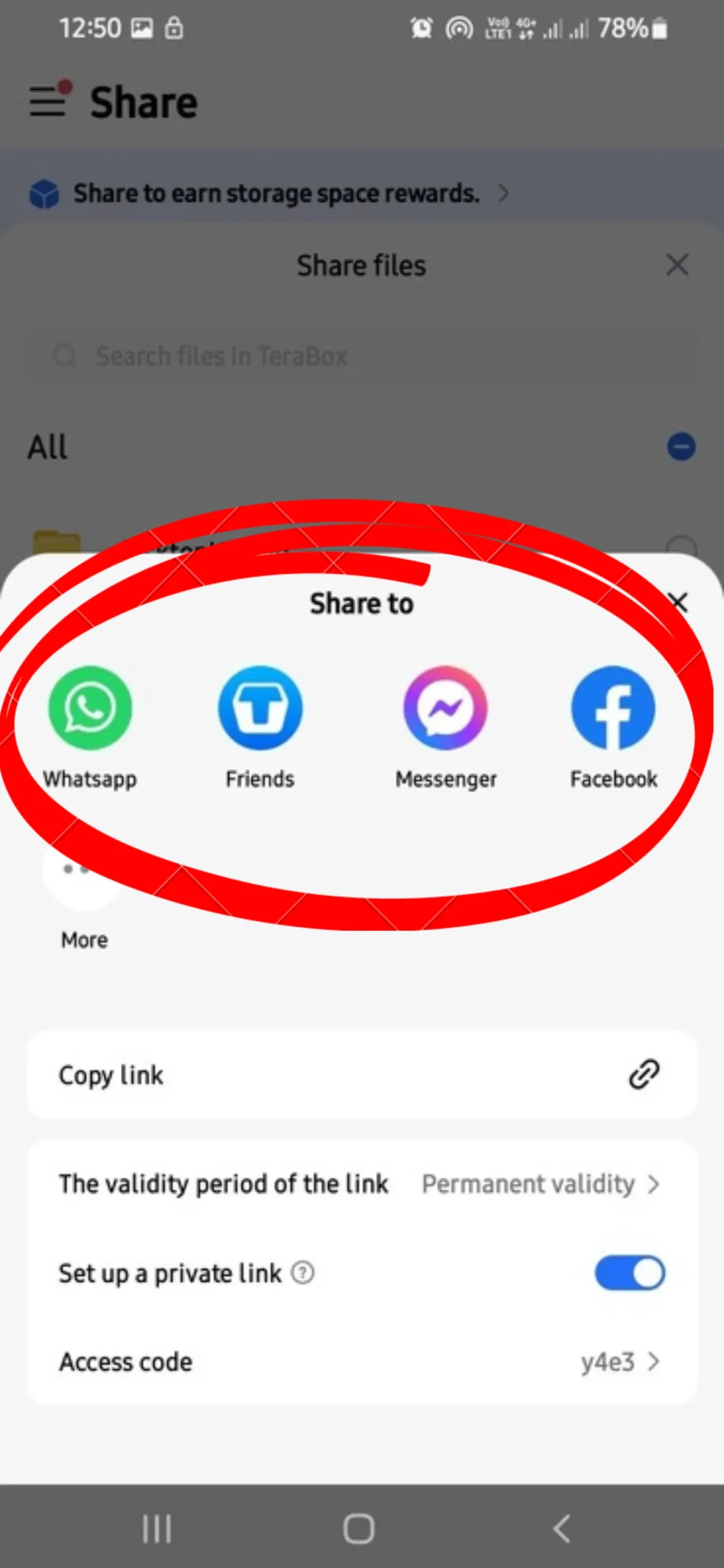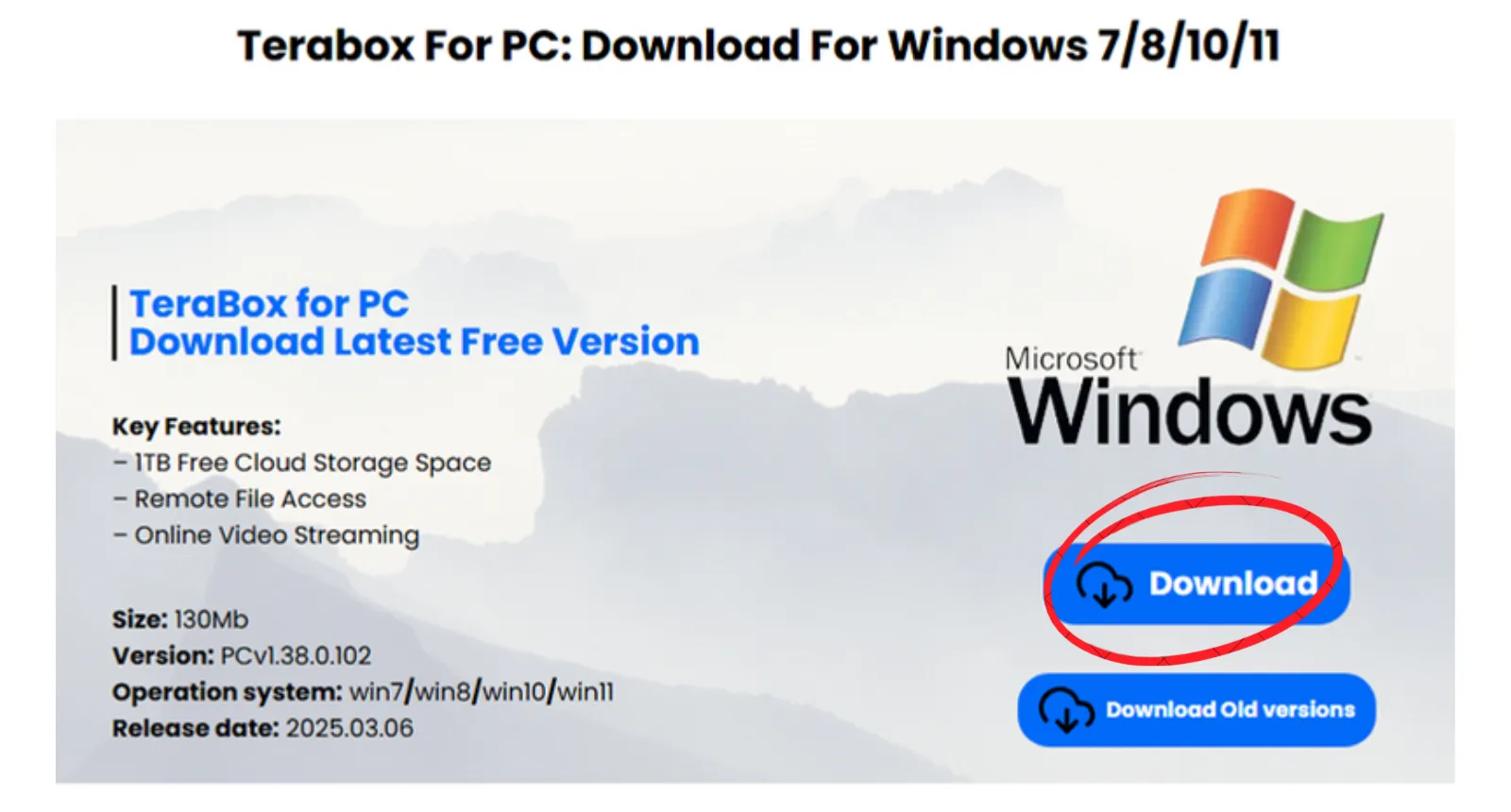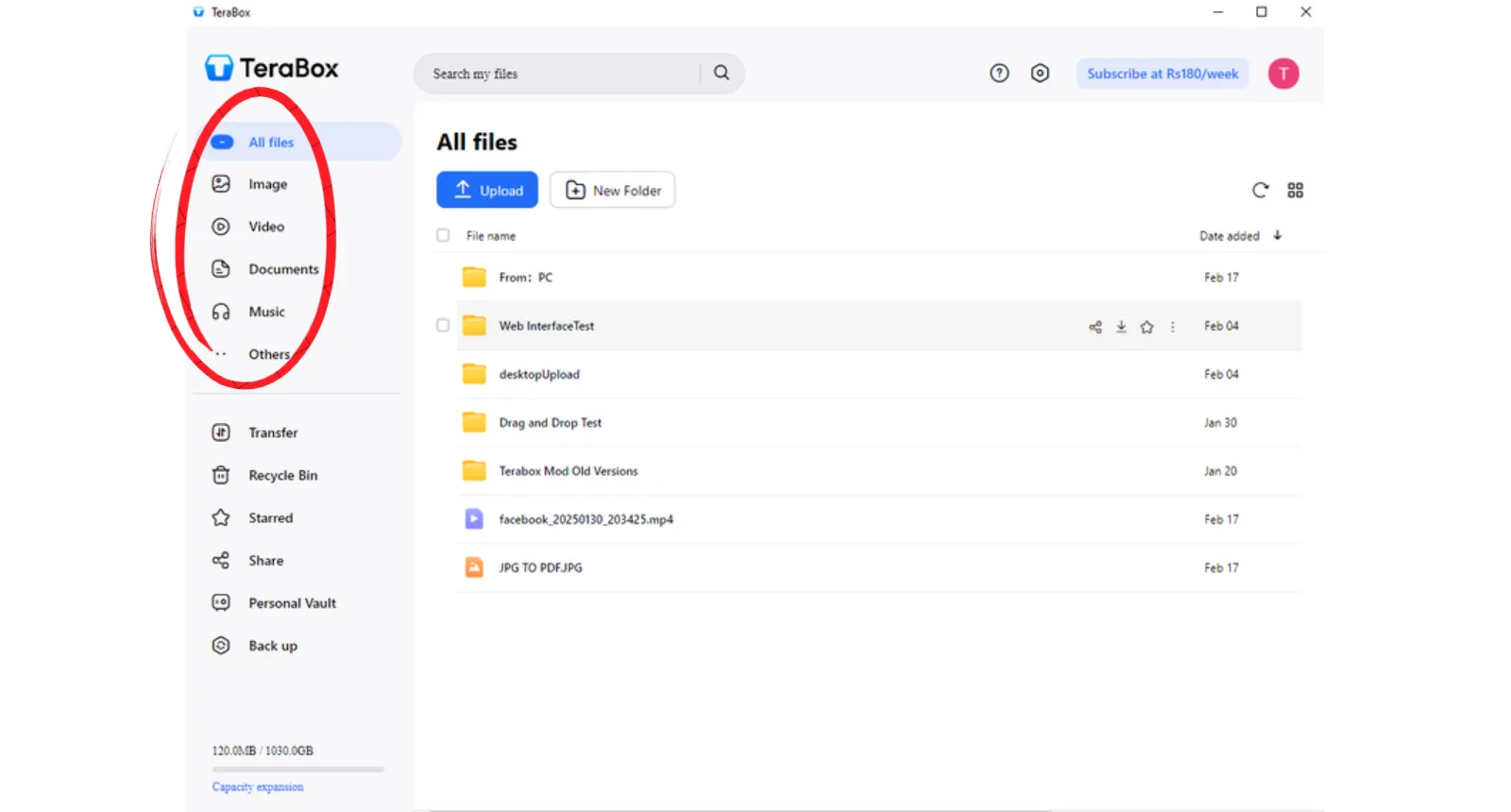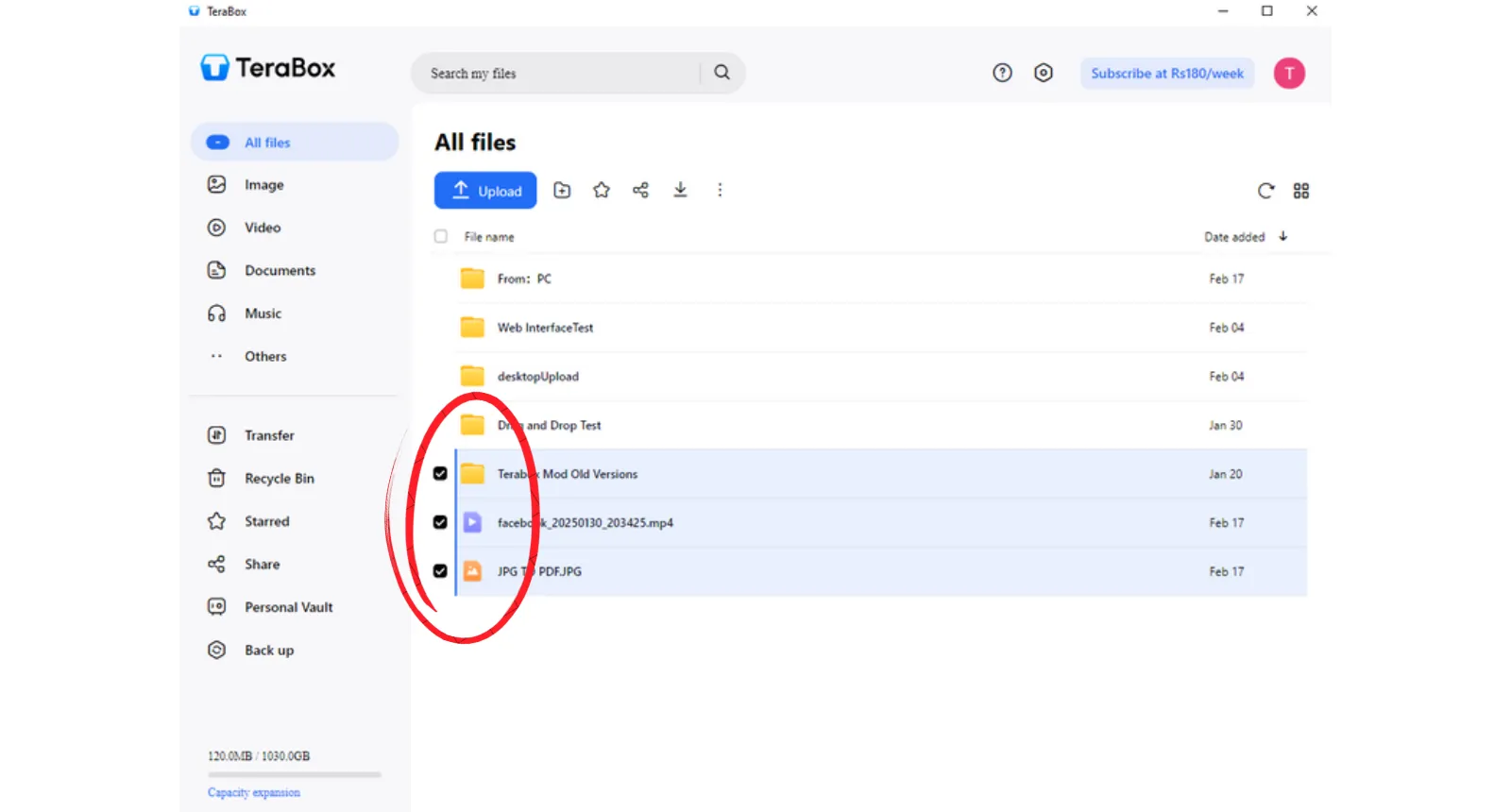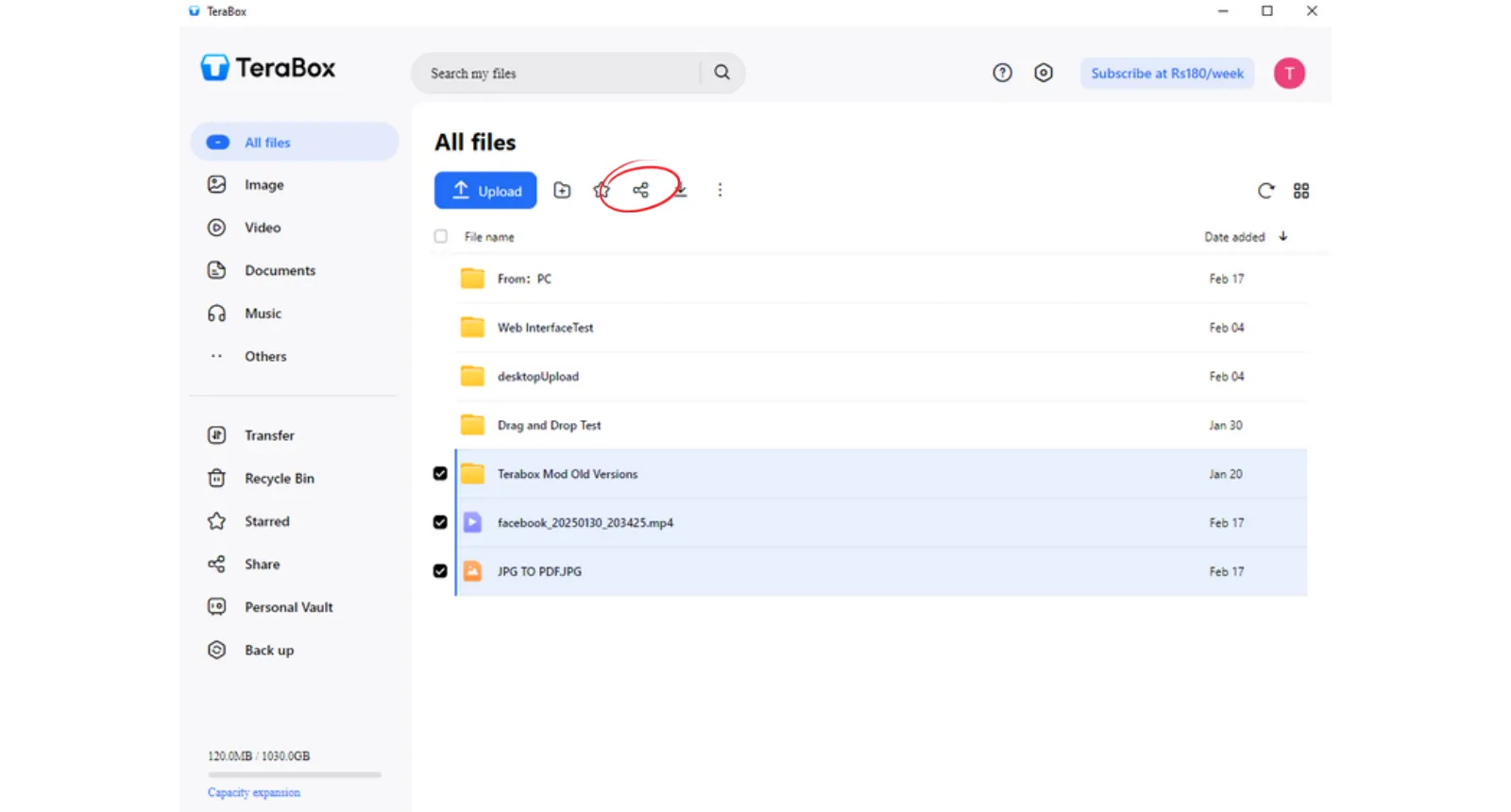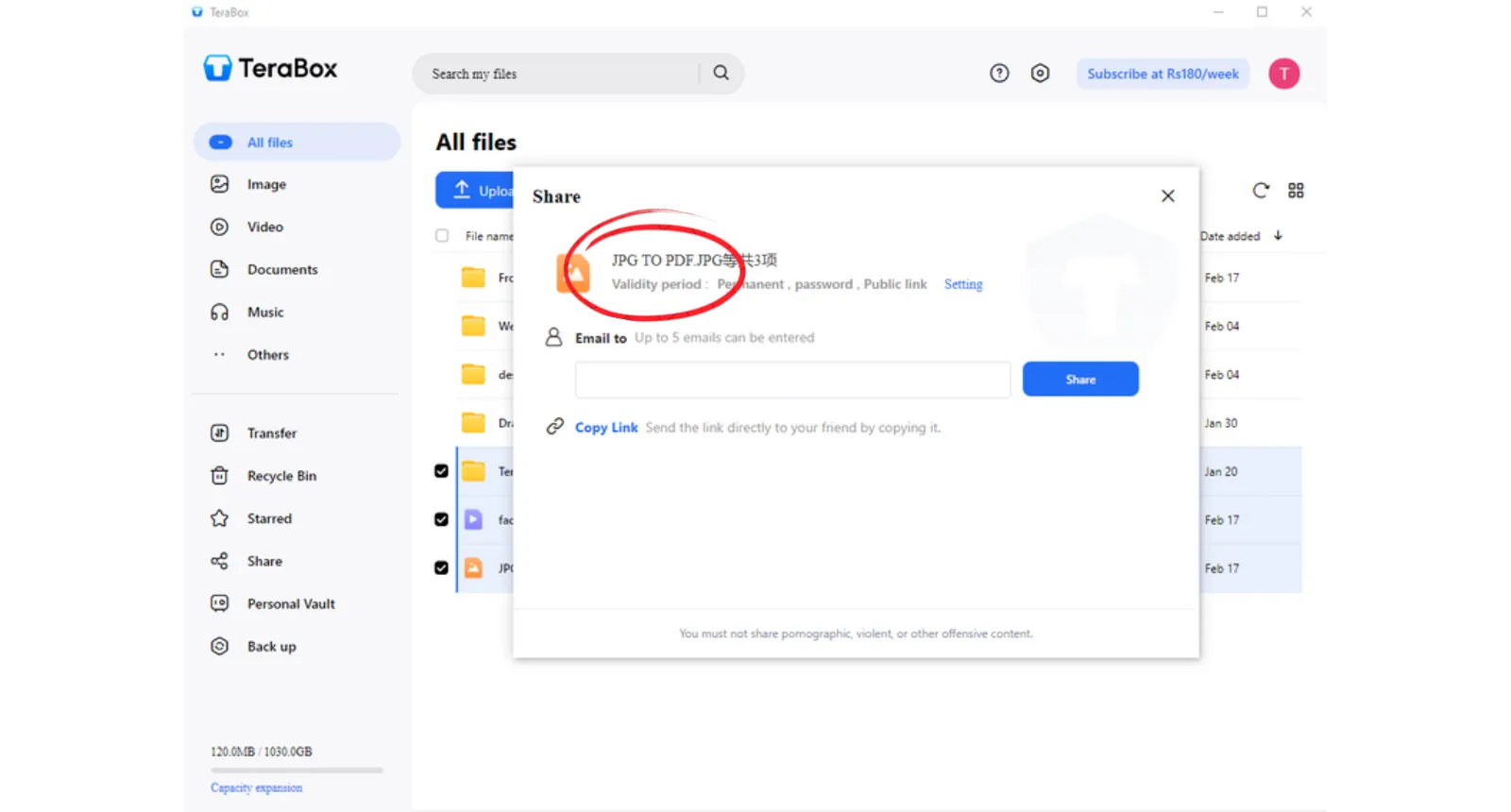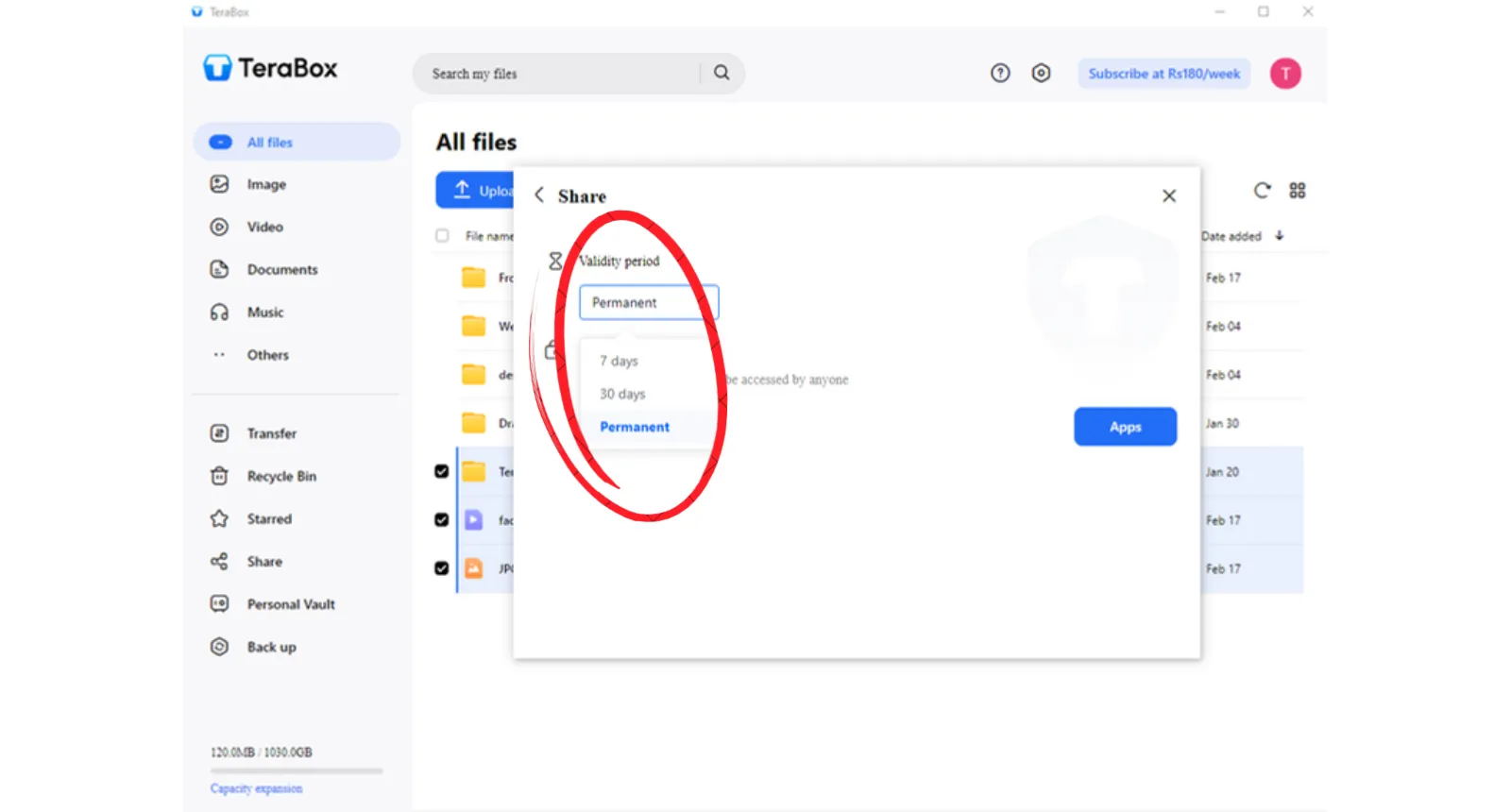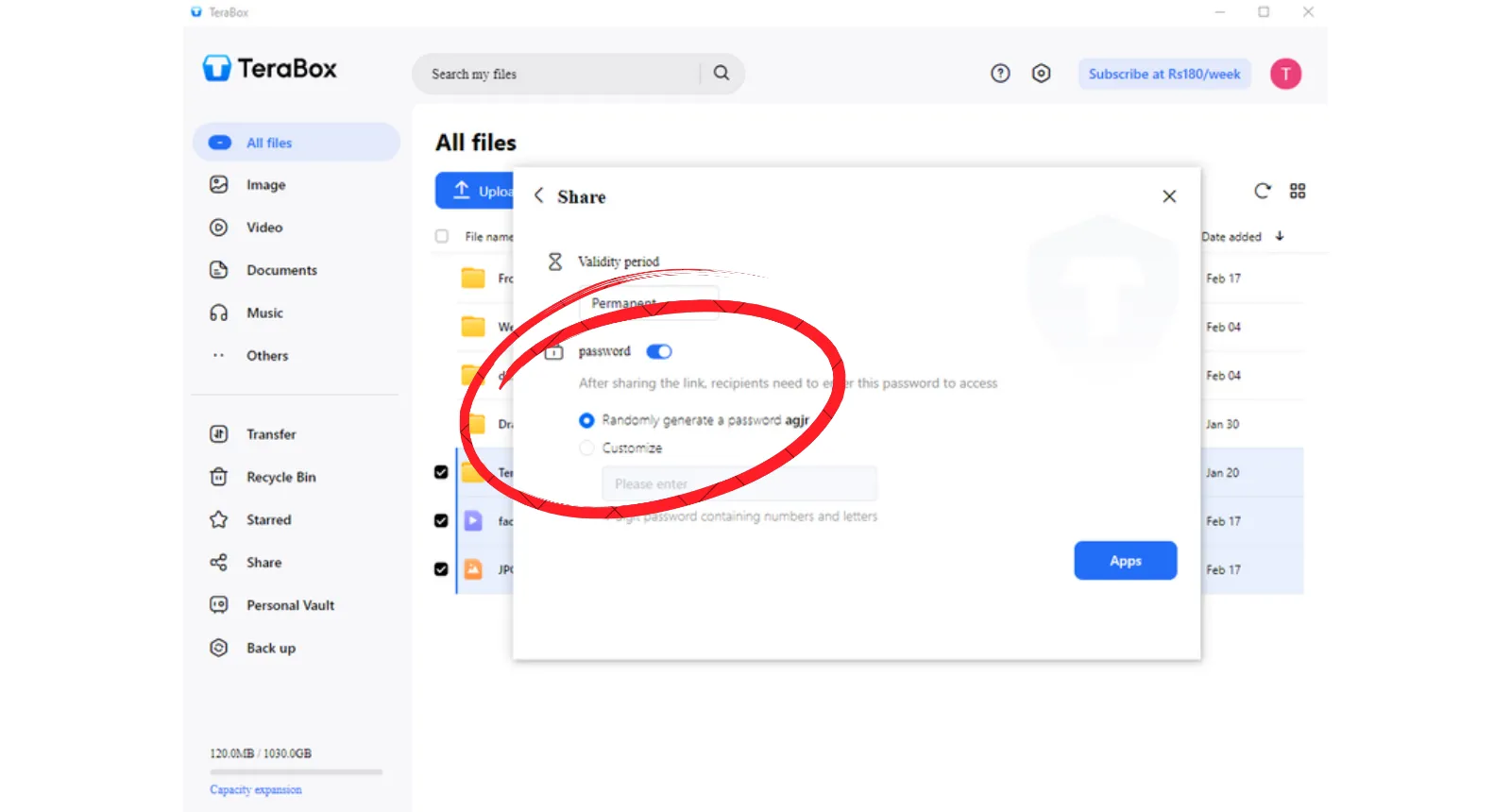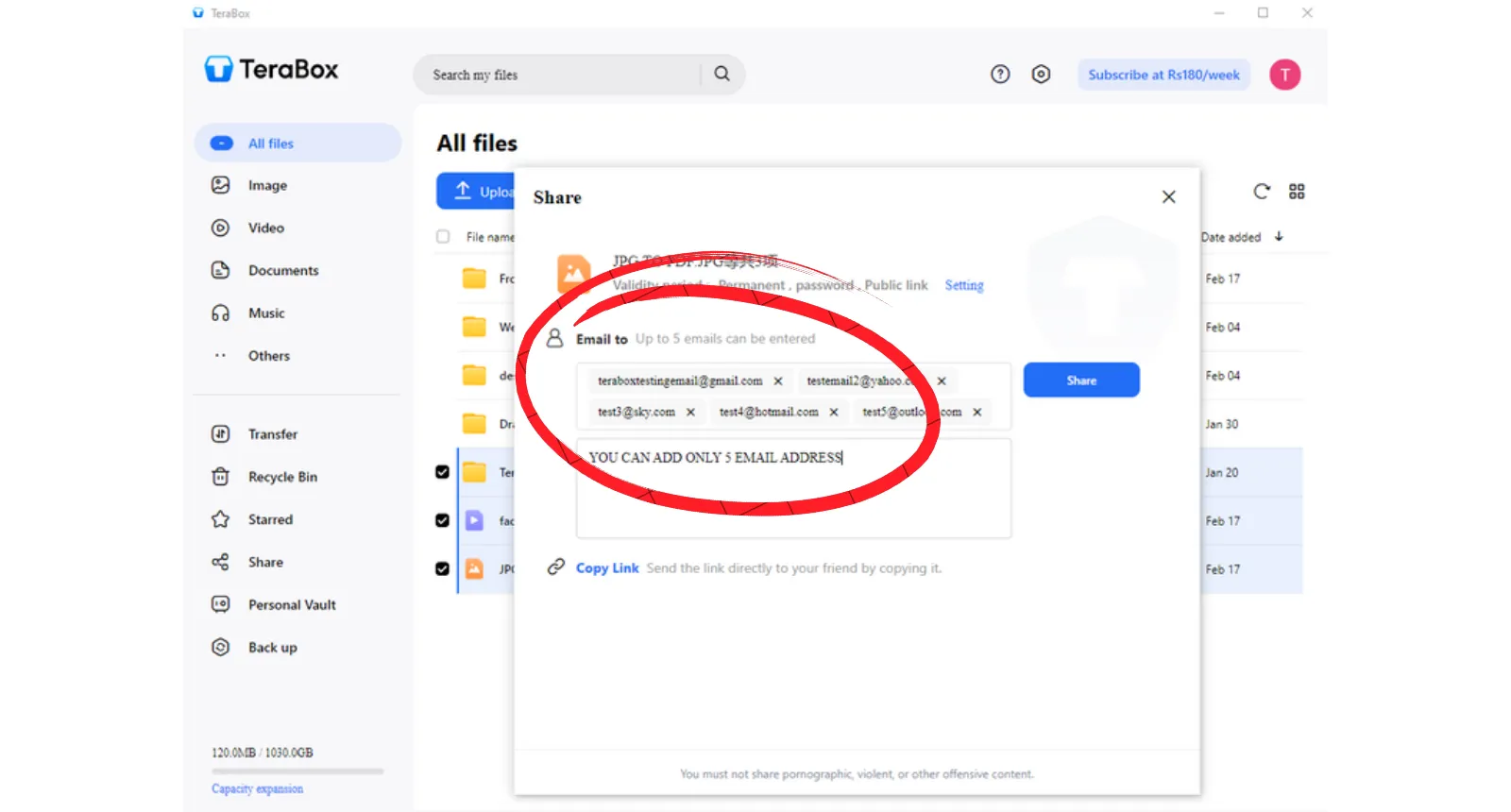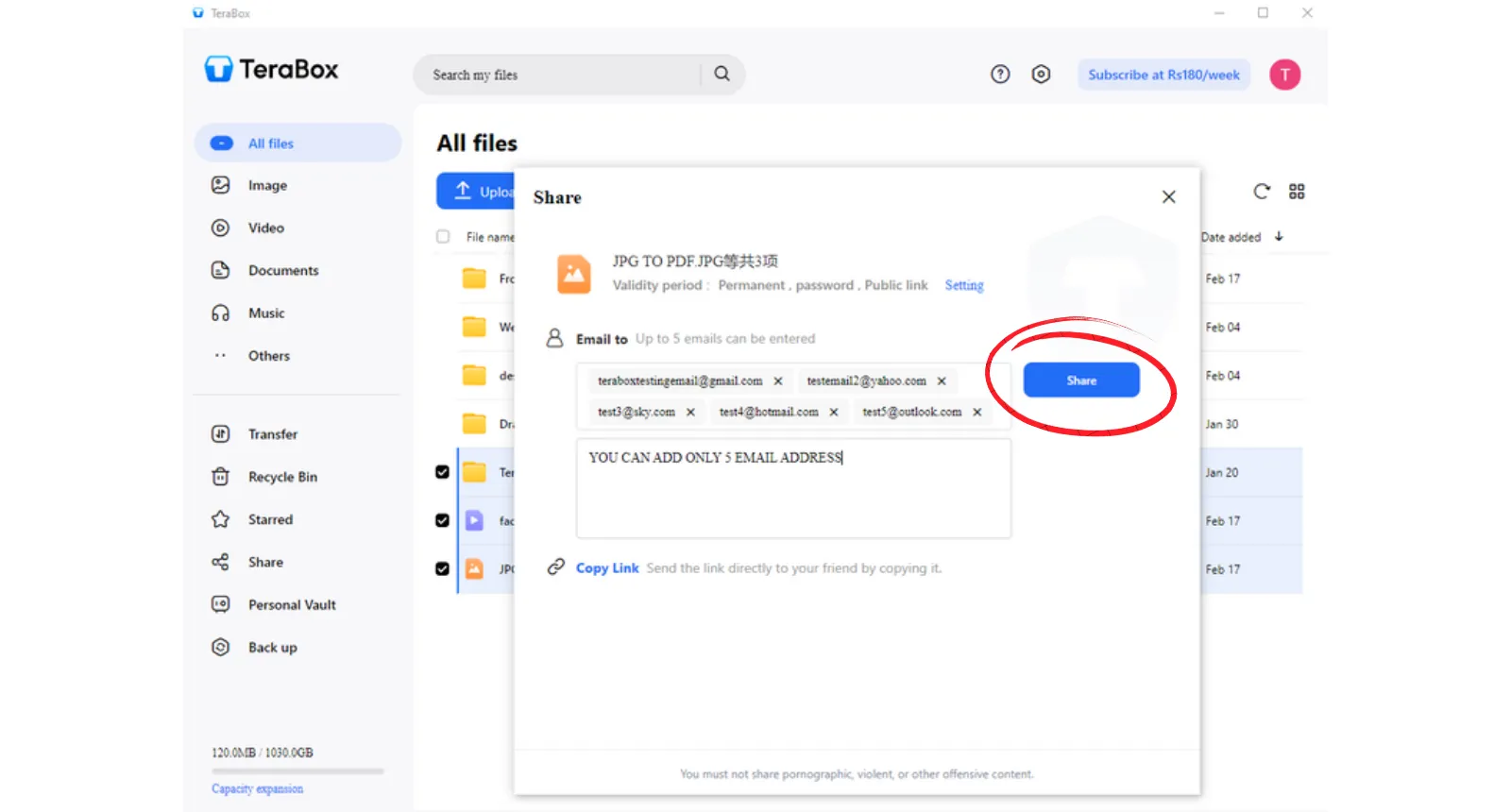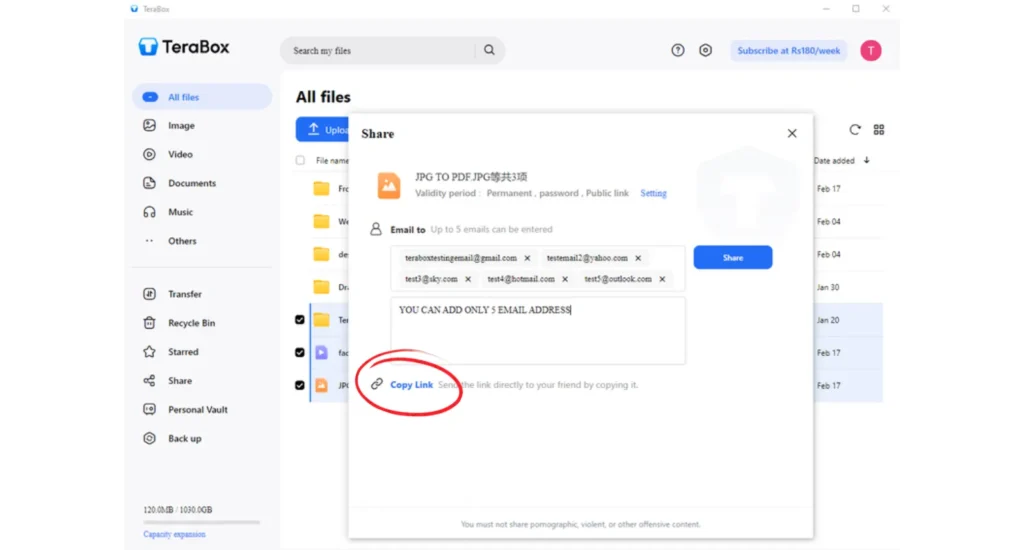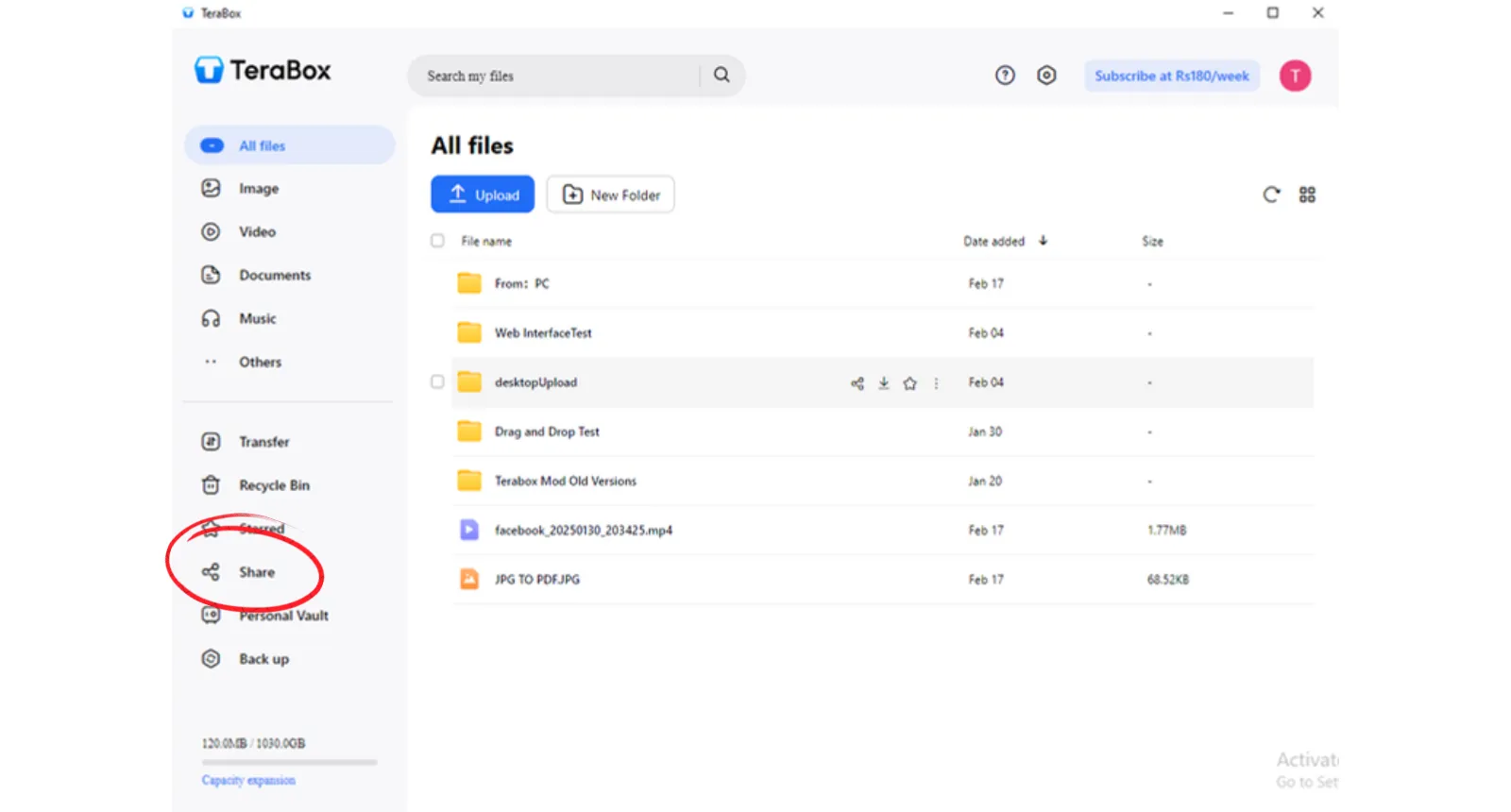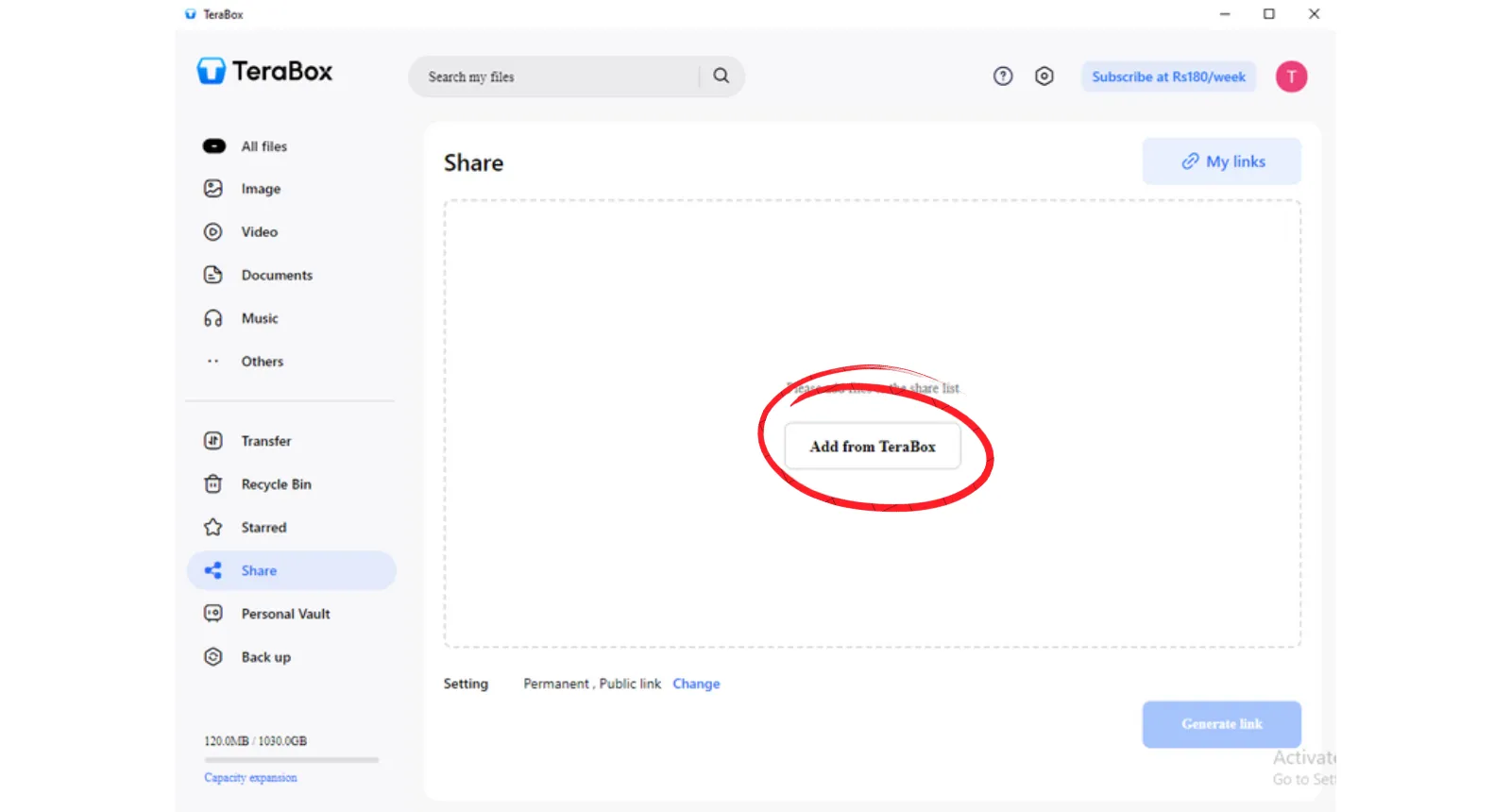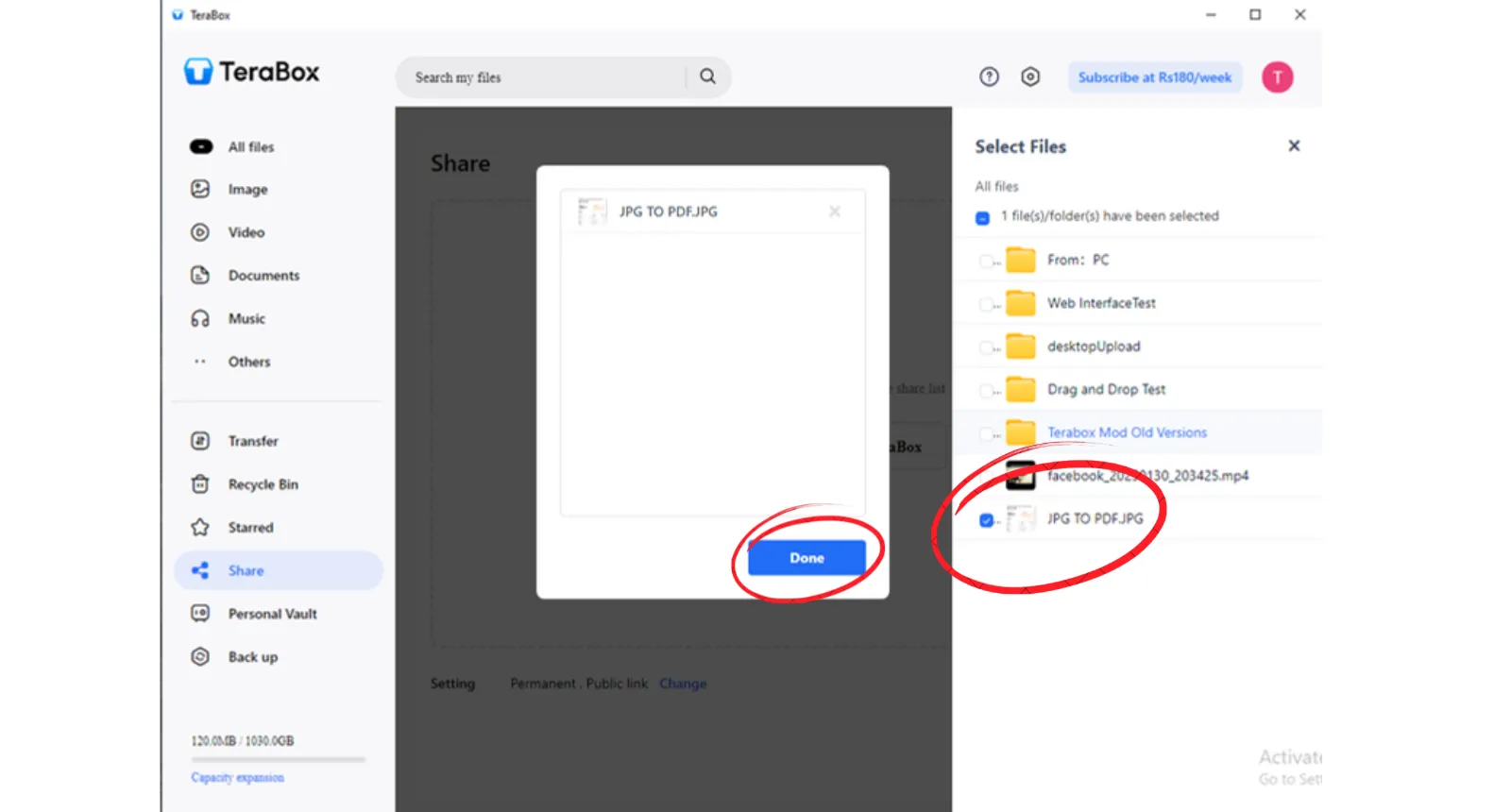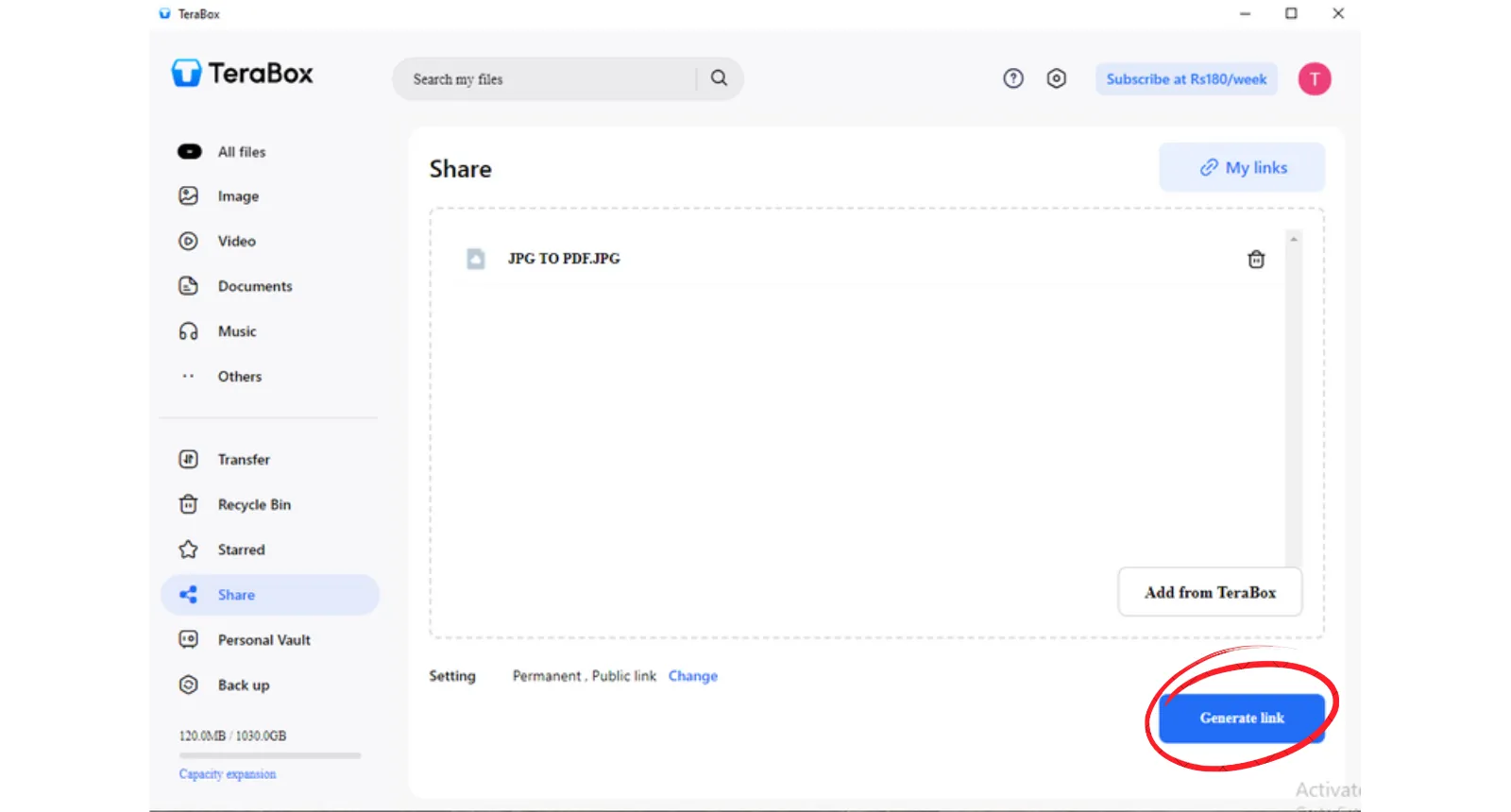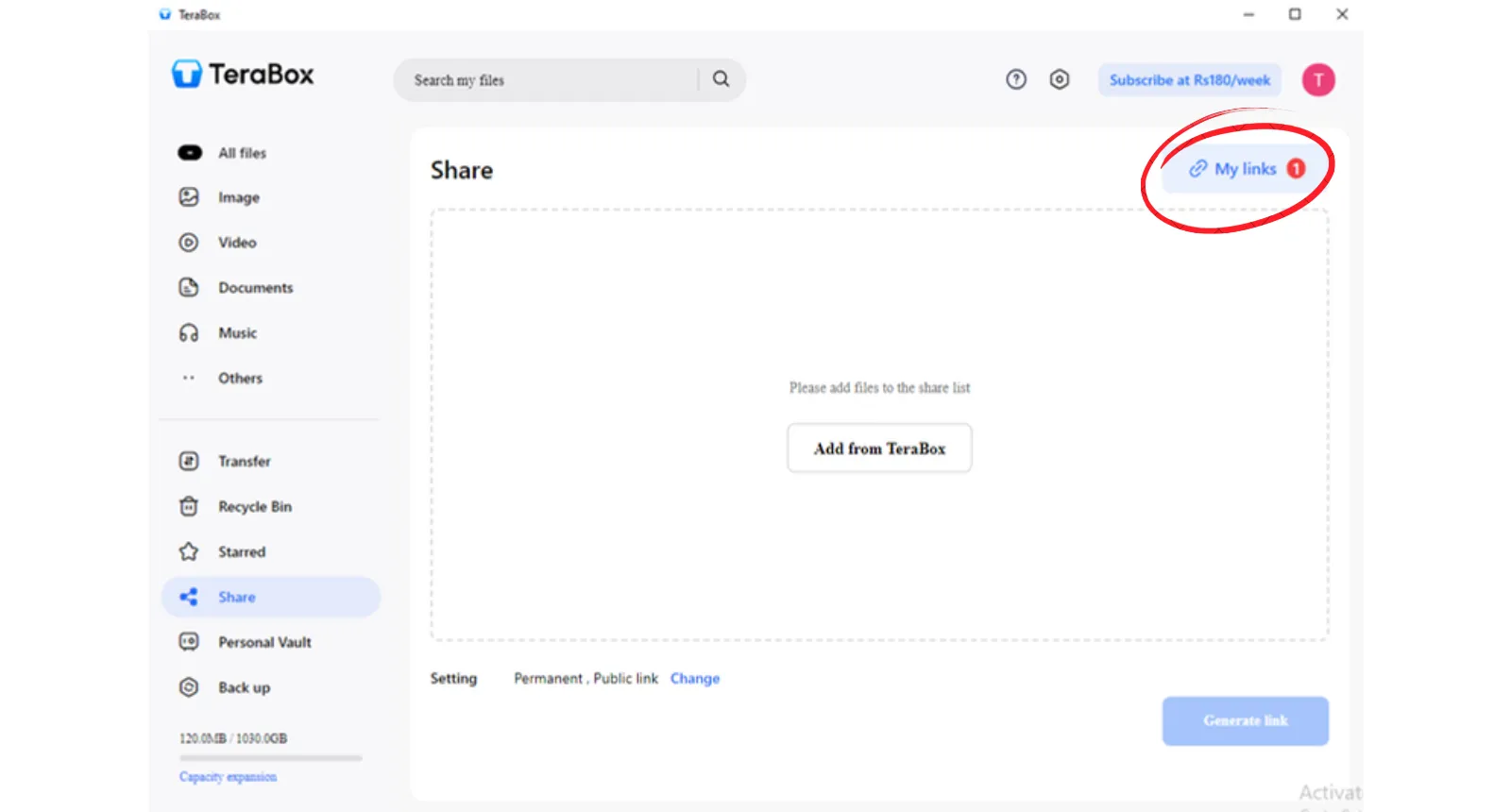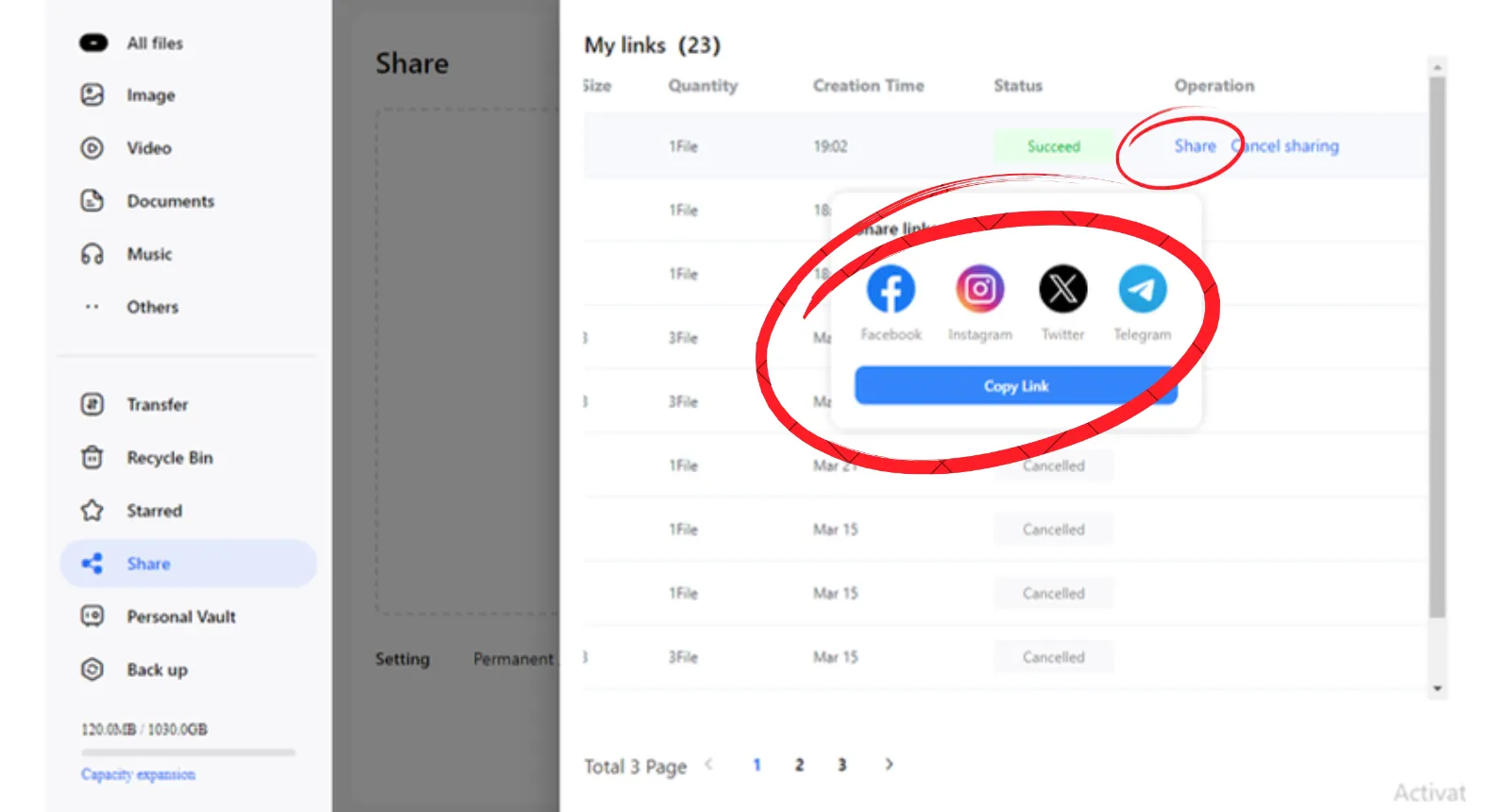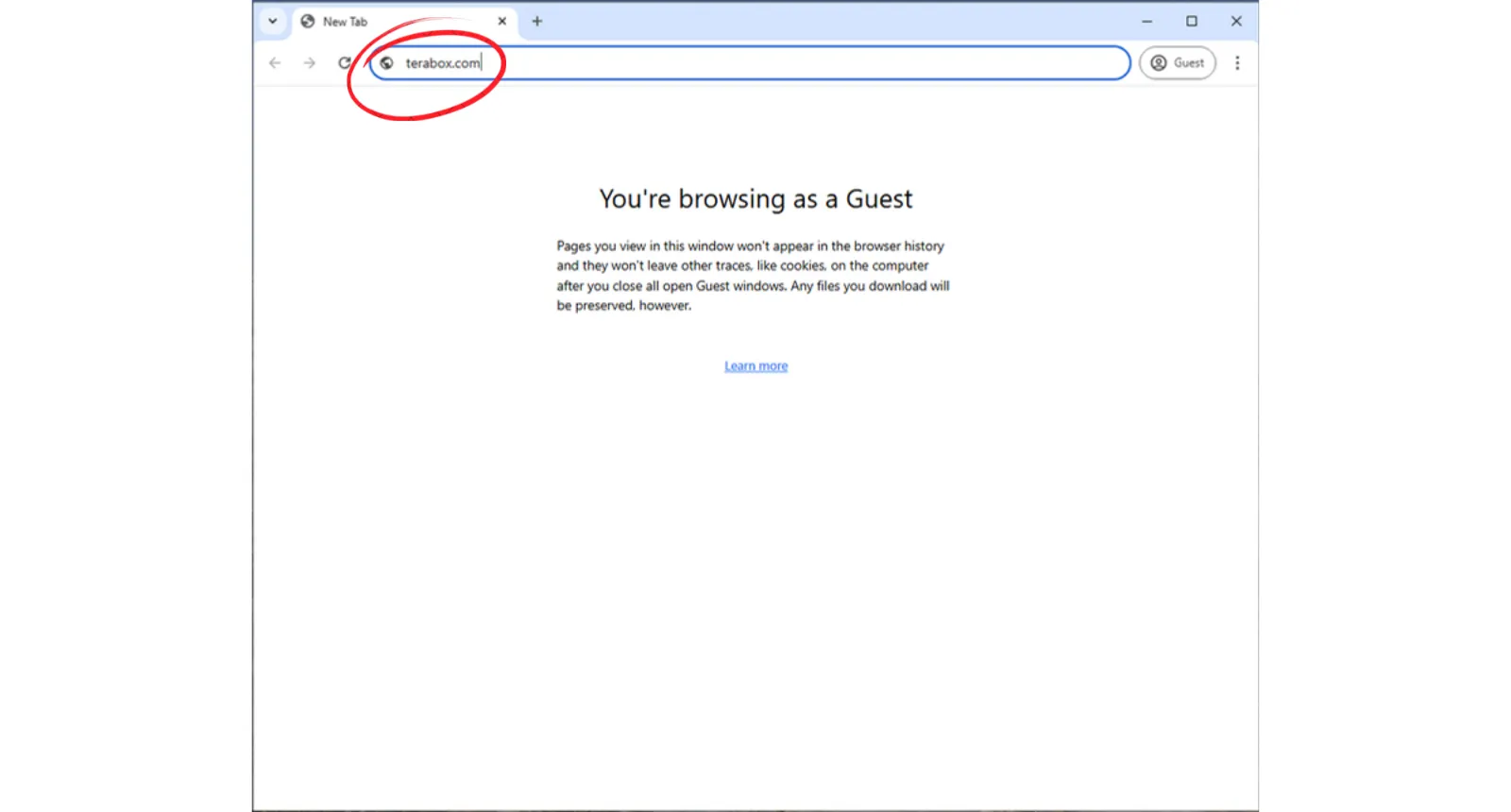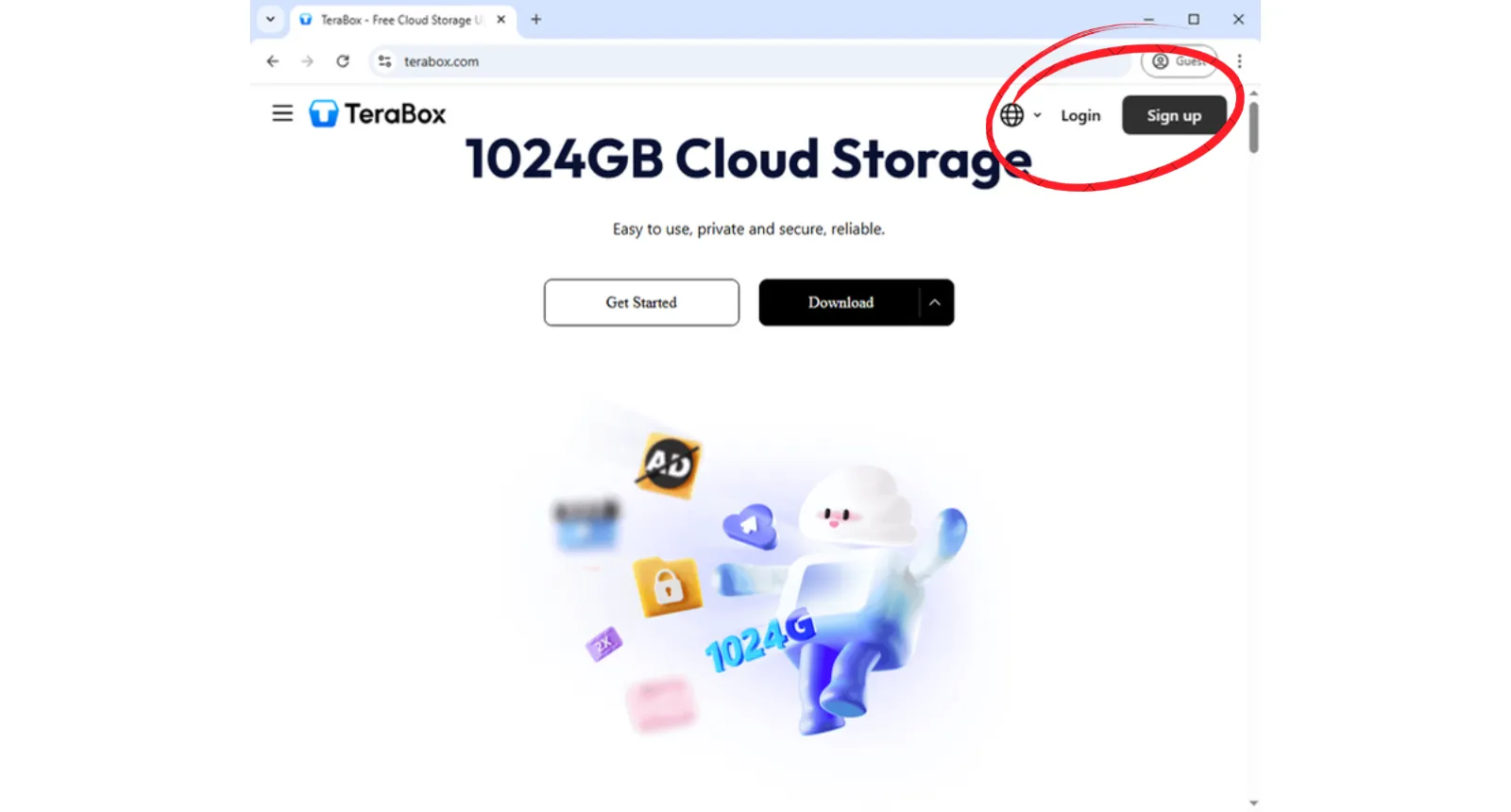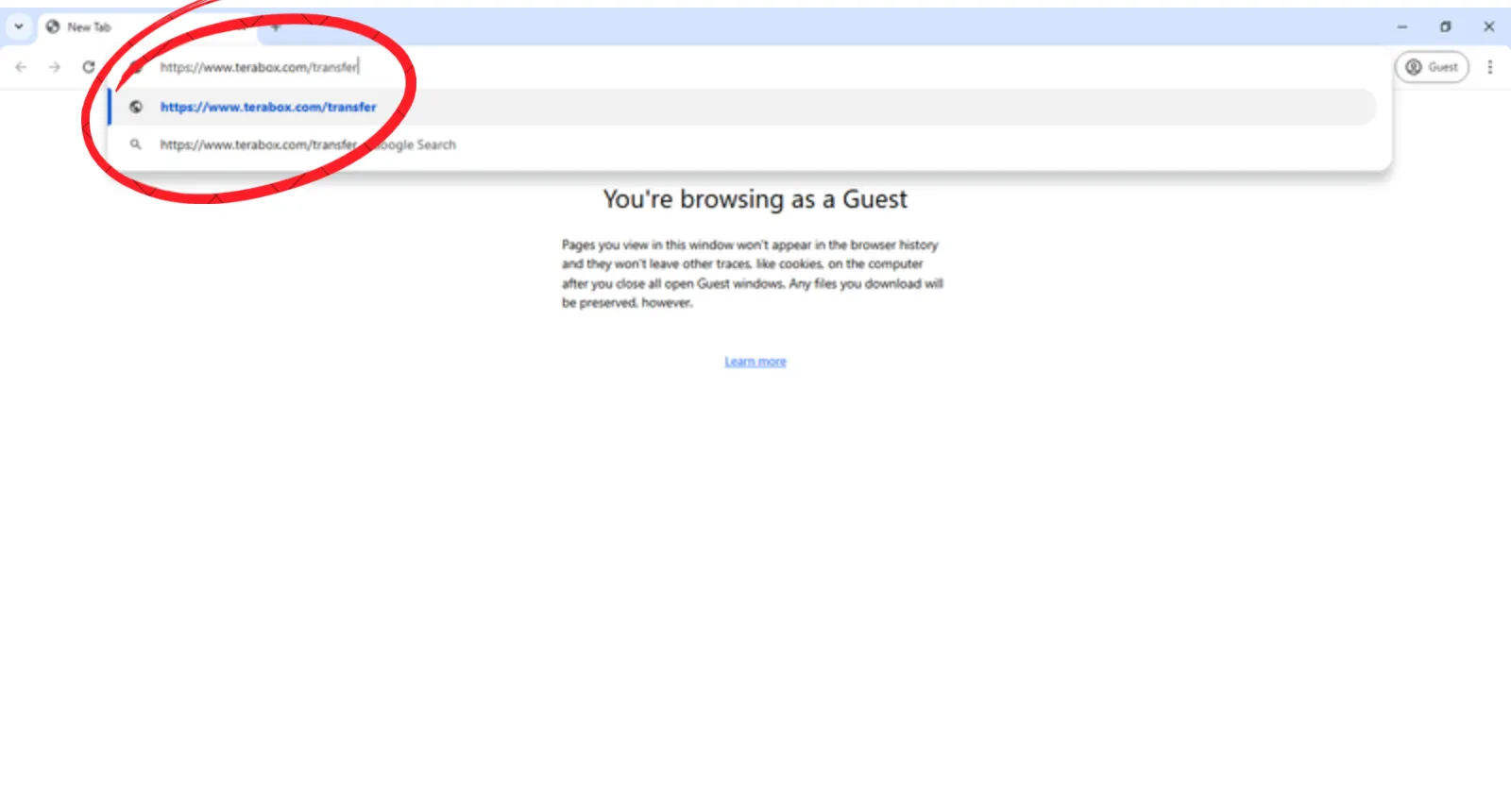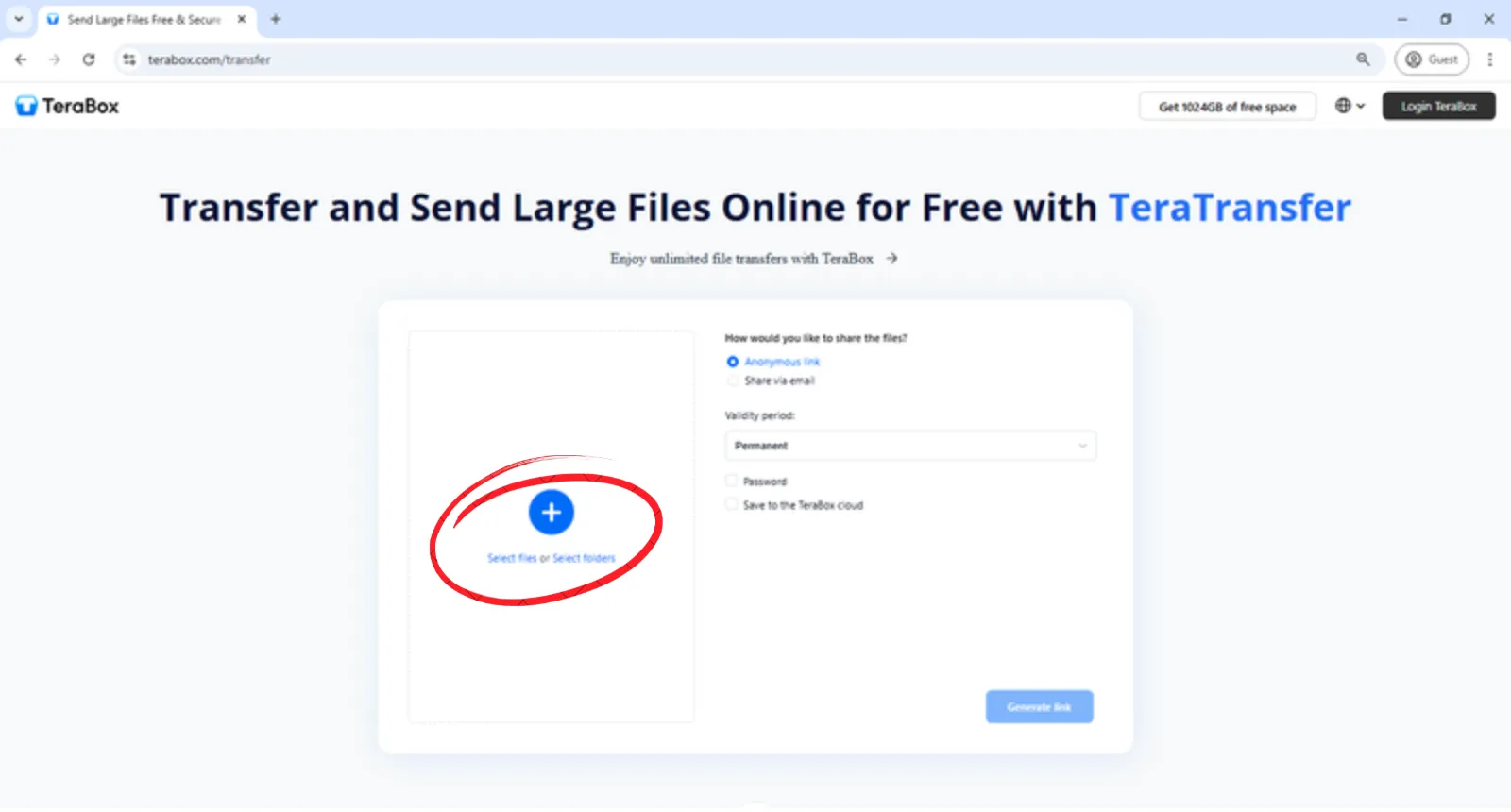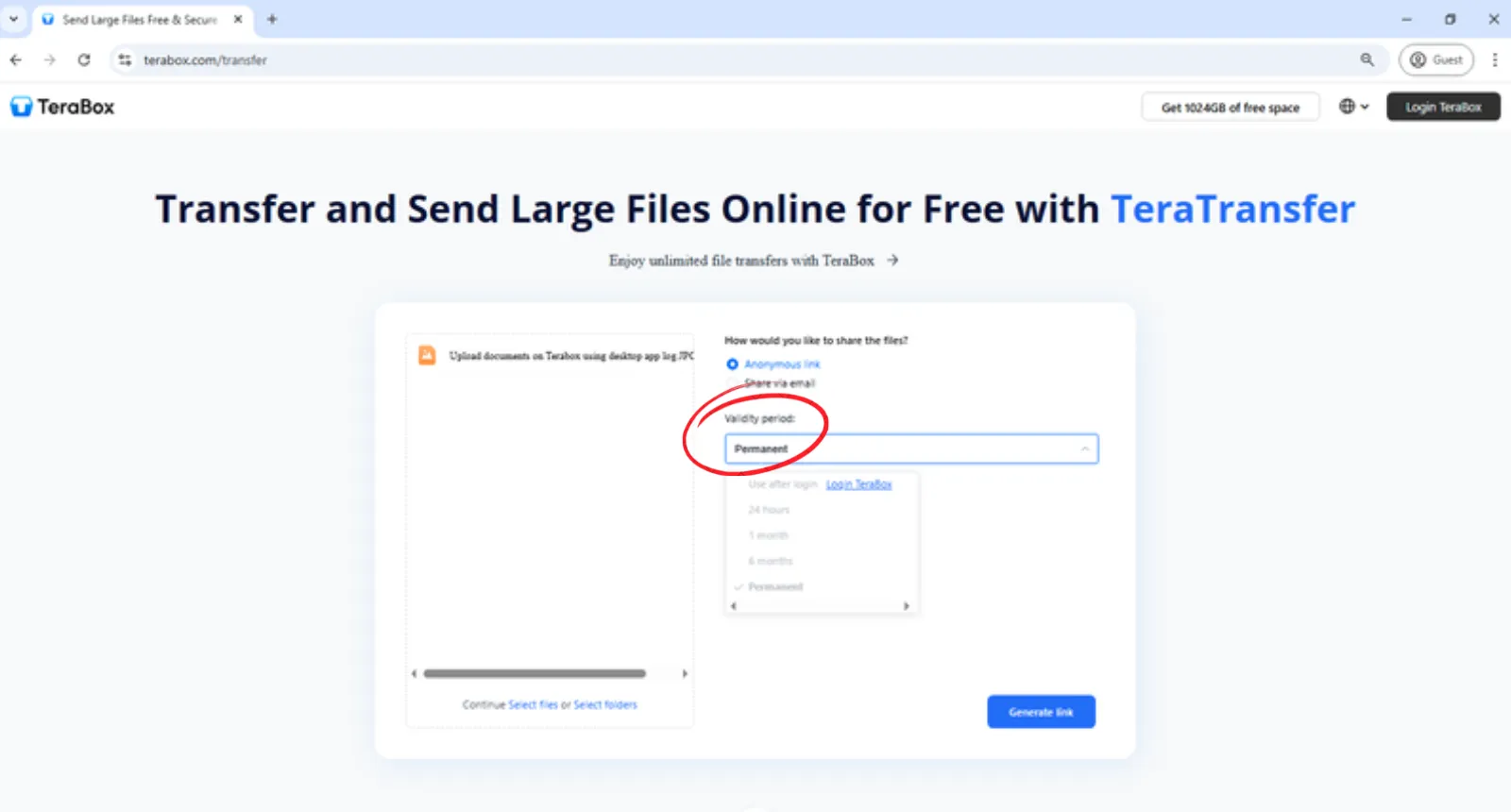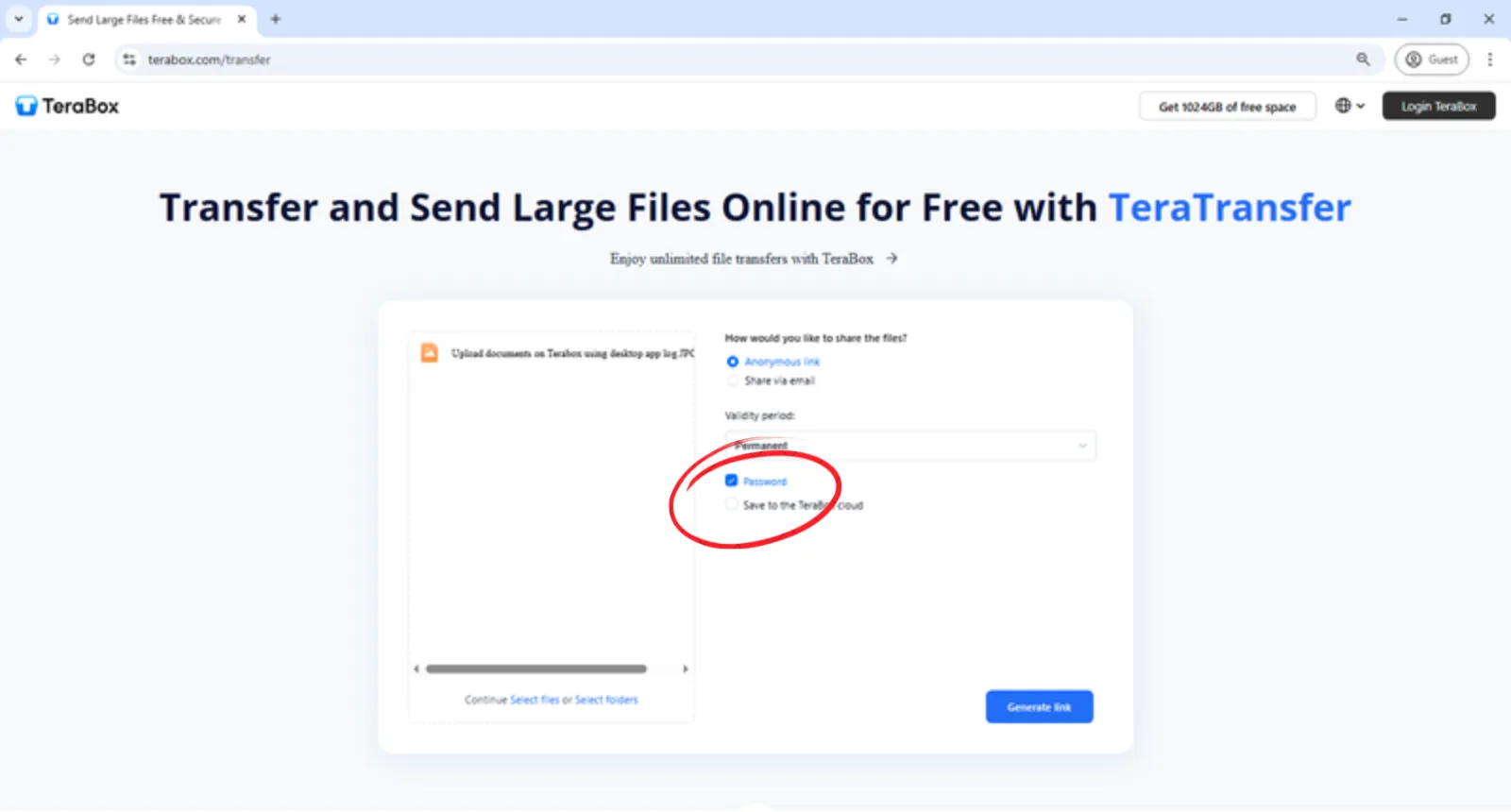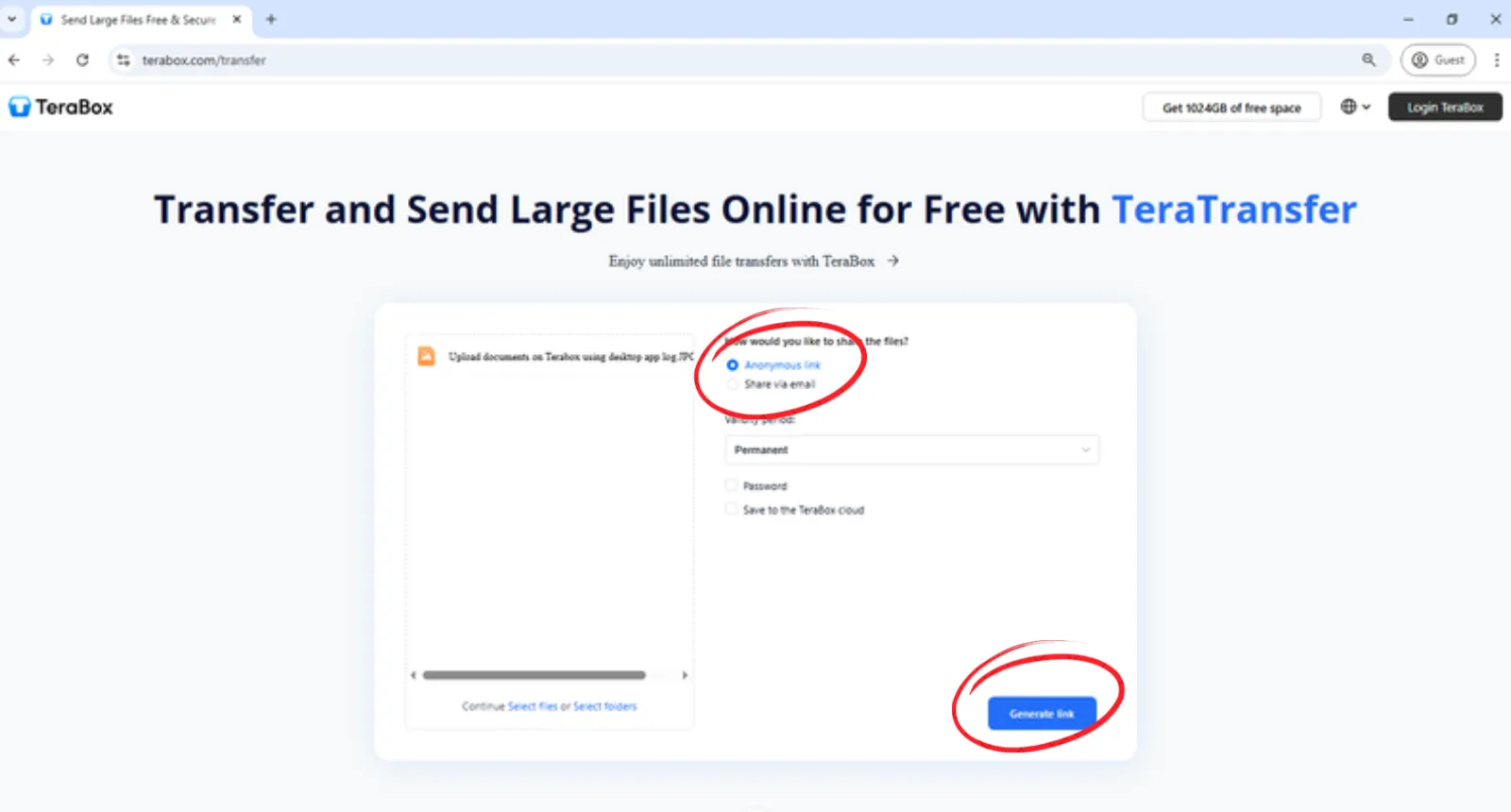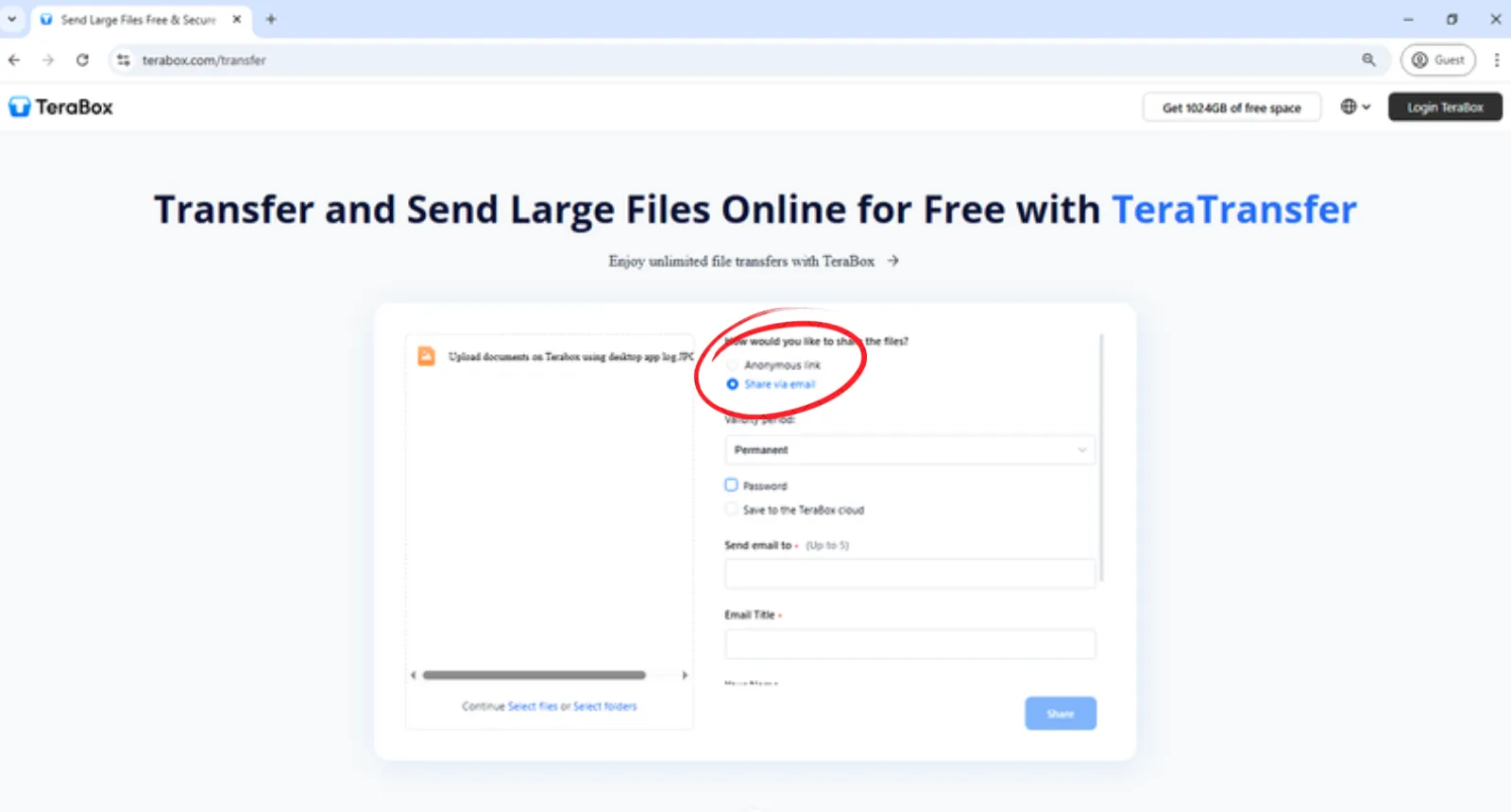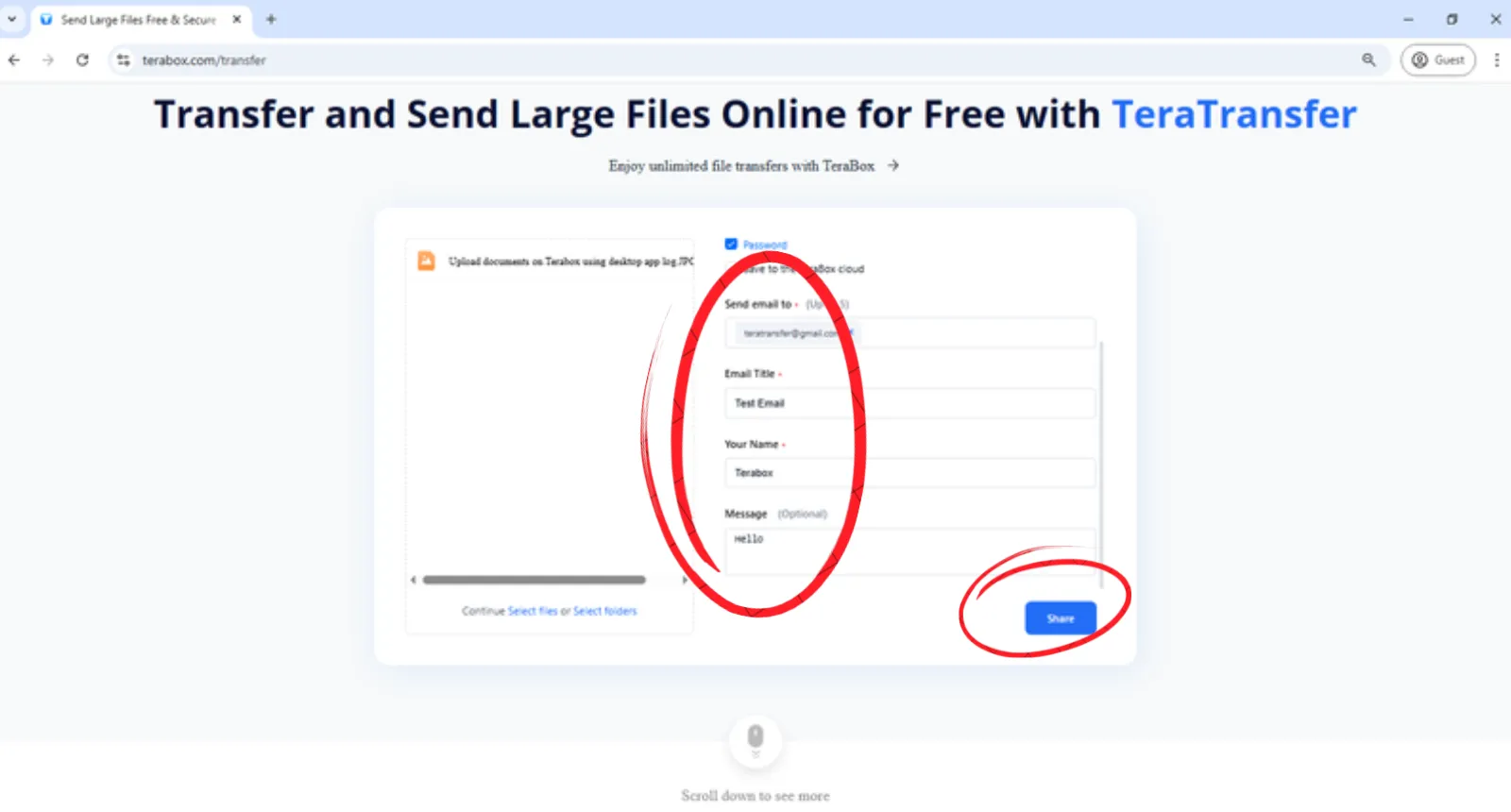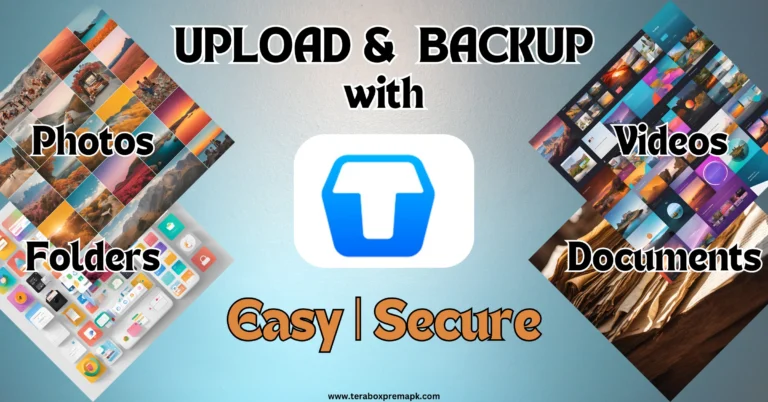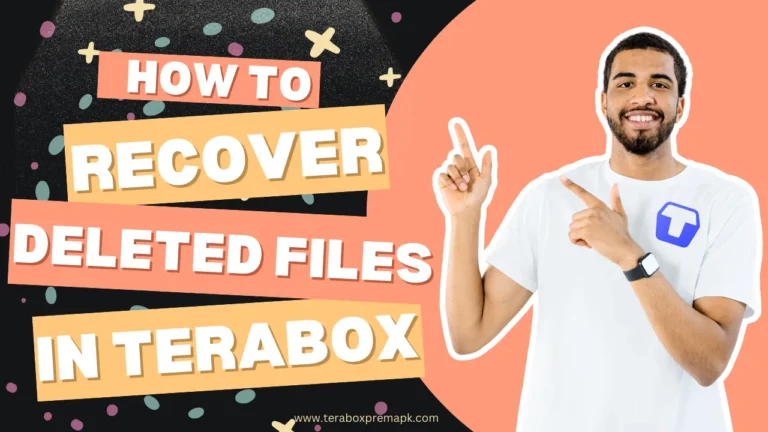Send Large Files, File Sharing, & File Transfer via Email & Messaging Apps using Terabox
26 Minutes Read Time
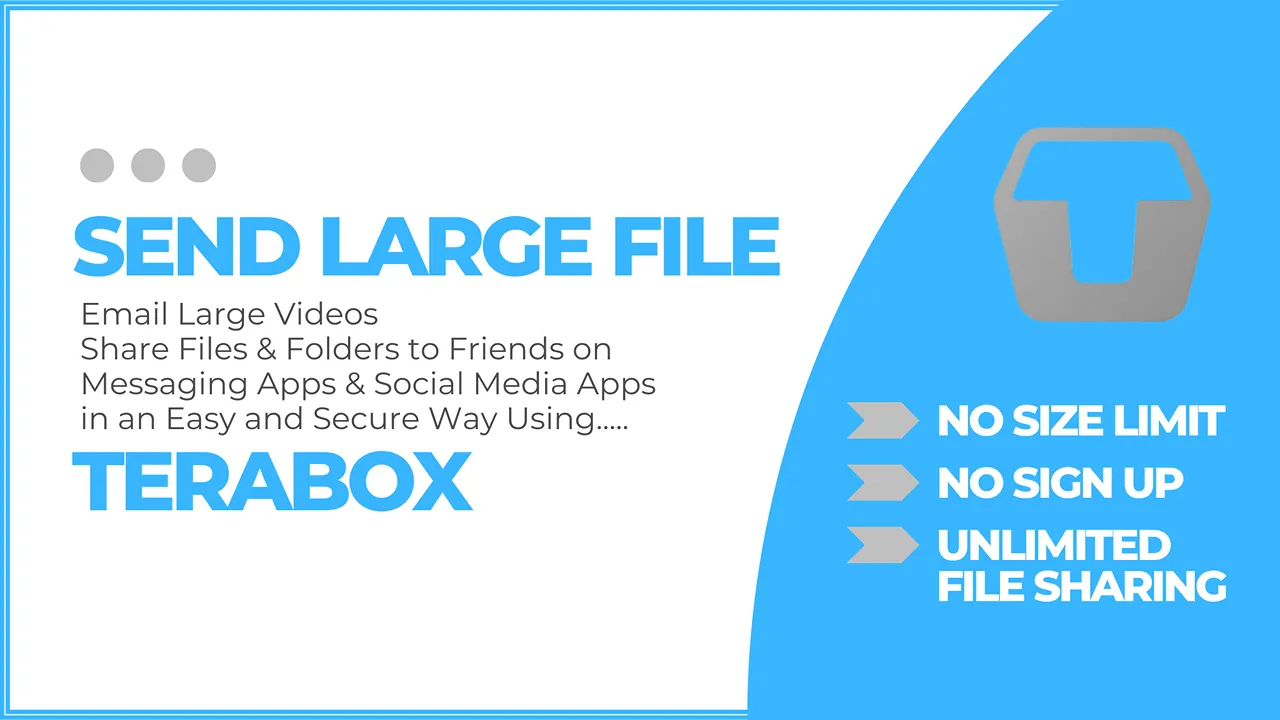
“Learn how to easily send large files with Terabox mobile, desktop apps and its web based and dedicated online Transfer service (TeraTransfer)—no size limits, unlimited file sharing, no signup, no hassle. This guide covers secure file transfer process via email, messaging apps, and social media platforms using Terabox.”
Introduction
Why File Sharing Matters Today
In today’s digital world, File sharing and transferring seamlessly has become essential for personal and professional purposes. However, there are common hurdles in the process of transferring large files. These include issues such as email attachment limits, slow internet speeds, file compatibility problems, security concerns, and limitations associated with local network sharing. In many cases, traditional File sharing methods no longer meet the demand for faster and more efficient transfers.
Purpose and Scope
Finding a secure and efficient method can often be challenging. Fortunately, with Terabox, you can share files easily, send large files without hassle, and ensure your data remains protected at every step. In this article, we’ll dive into how Terabox can help you manage file transfer —offering a free and secure solution for all your file-sharing needs without any file size limit. Let’s dive in and explore the world of large file transfers!
Understanding Large File Sharing & Size Limits
What Are “Large Files”?
In file sharing, large files refer to any digital files that exceed the size limits imposed by standard transfer methods like email, messaging apps, and even certain cloud storage services. Depending on the file type and quality, these files typically range from 4 GB to over 20 GB.
Examples of large files include:
- Videos: High-definition videos, 4K movies, or even lengthy recordings can easily surpass 4GB in size, with many larger files reaching 10GB, 20GB, or even more.
- High-resolution images: Professional photographers or designers might work with RAW image files or large TIFFs that can easily exceed 100 MB or more per file.
- Software packages or archives: Programs, games, and backup archives in ISO, ZIP, or RAR formats can also be quite large, often pushing the limits of standard transfer methods.
While the term large files may vary depending on context, files above 2 GB often require special handling to ensure they are sent successfully.
Common File Size Restrictions
Different methods of file sharing have their own size limits, and these restrictions can often hinder your ability to send larger files. Let’s break down some of the most common size limits across different platforms:
Email Limits
Sending files via email remains a popular but outdated method for transferring files. However, email services like Gmail, Outlook, and Yahoo have strict file size limits:
- Gmail: The maximum attachment size is 25 MB. Anything above that, and you’ll receive an error message: “File too large to send.”
- Outlook/Hotmail: Generally, the file size limit is between 20MB–25MB.
Large files are not feasible for emails unless you use cloud storage integrations or other workarounds.
Messaging App Limits
Messaging platforms also restrict file sizes to keep data transfers efficient. Here are some popular apps and their limits:
- WhatsApp: The maximum file size for media sent through WhatsApp is 16MB, which is too tiny for most videos, even in lower resolutions.
- Telegram: Telegram offers more flexibility with a file size limit of 2GB, which makes it an excellent choice for larger transfers.
- Other apps, like Facebook Messenger and Slack, limit file transfers to 100MB or less.
When using messaging apps for file transfers, you may rely on compression or splitting files if they exceed these limits.
Impact of File Types and Compression
The type of file you’re sending significantly impacts whether it qualifies as a large file. Some file types are inherently large due to the high quality of the data they contain:
- Videos: Raw video files or high-definition footage often require ample storage. A 30-minute 4K video could easily exceed 10GB.
- High-resolution images: Professional-grade RAW or uncompressed photos are much larger than JPEGs or PNGs. An image from a high-end DSLR camera can easily surpass 50MB to 100MB.
- Software and archives: Large software packages, games, or datasets come in formats like ISO or RAR, which can quickly approach or exceed multiple gigabytes.
However, there are ways to manage large files and reduce their size for more effortless transfer.
Compression is a popular method to reduce the size of files without losing much of their quality:
- ZIP, RAR, and 7-Zip are the most common compression formats. They can compress files significantly, often reducing their size by 30%–70%, depending on the type of content.
- File splitting is another helpful technique. You can split a large file into smaller parts (e.g., 500MB per part), which can then be sent individually via email or messaging apps and reassembled by the recipient.
While compression reduces file size, remember that certain file types, such as videos and images, may not compress significantly, especially if they are already optimized.
Why Use Terabox for File Sharing
What is Terabox
Terabox is a cloud storage platform designed to meet users’ needs who require secure and reliable online file storage. Whether for personal or business use, Terabox offers an intuitive interface that allows users to upload, store, and share their files effortlessly. With a focus on user-friendly experiences, it stands out as a platform suitable for anyone from casual users to professionals managing large amounts of data.
When it comes to file sharing—especially when you need to send large files—not all tools are created equal. Terabox cloud storage service is the most widely used method for sending large files today. This platform allows you to upload, store, and share files of large documents. With Terabox, you can share files using email, messaging apps, and other social media platforms. Terabox is a safe, fast, free cloud storage and File sharing source.
Terabox Key File Sharing Features
- Free Storage: 1TB+ free cloud storage (ideal for large files).
- Upload Large Files: Supports transfers up to **XX GB** (varies by plan; larger than most free services).
- Unlimited File Sharing: Password protection, encryption, and customizable link expiration.
- No Size Limit: Password protection, encryption, and customizable link expiration.
- Security: Password protection, encryption, and customizable link expiration.
- Speed: Optimized servers for fast uploads/downloads.
- Accessibility: Web, mobile, and desktop apps for seamless cross-platform use.
- No Account Required: Recipients can download files without signing up (via Teratransfer).
- Flexible File Sharing Option: jsadjgugedug
Terabox Limits to Upload Large Files
Before using the Terabox app to send large files, it is important to understand the limitations of uploading large files. The table below gives you a glance at Terabox file upload limits. You can read in detail How to Upload files in Terabox.
| Account Type | Free Storage | Max File Size | Files Per Transfer Quota |
| Basic | 1 TB | 4 GB | 20 Files |
| Premium | 2 TB+ | 128 GB | 50000 Files |
| Account Type | Free Storage | Max File Size | Files Per Transfer Quota |
| Basic | 1 TB | 4 GB | 20 Files |
| Premium | 2 TB+ | 128 GB | 50000 Files |
If you want to use Terabox premium features for free, you can download Terabox Mod Apk.
Watch This Video on How to Send Large Files Using Terabox
4 Methods of Large File Sharing via Email, Messaging Apps Using Terabox
- File Sharing Using Terabox Cloud Storage Mobile App
- File Sharing Using Terabox Cloud Storage Desktop App
- File Sharing Using Terabox Cloud Storage Web Interface
- File Sharing Using Terabox Online File Transfer Service (TeraTransfer)
Let us explore all Terabox File sharing methods step by step.
Method 1: File Sharing Using Terabox Mobile App
The first method is to share files using the Terabox mobile app. Follow these steps;
- Step 1: Download & Install Terabox Mobile App.
- Step 2: Upload Files on the Terabox Mobile App.
- Step 3: Share File via Email, Facebook, Messaging Apps
Step 1: Download & Install Terabox
- For Android, tap “Terabox Apk“ to Open the page.
- Tap the “Google Play” icon.
- Tap on “Install” to install the App on your mobile.
- For iOS devices, tap “Terabox for iOS“ to open the page.
- Tap on “Terabox for Apple iPhone/iPad” to install Terabox on your iOS device.
- You can follow these steps to download and install Terabox on mobile.
Step 2: Upload Files on Terabox App
The second step is to upload your file to Terabox. Follow these methods for uploading files in Terabox;
Step 3: Share File via Email, Facebook, or Messaging Apps
Once you upload a file on Terbaox, you can share the link with anyone using email (Gmail, Outlook), WhatsApp, Botim, Facebook, Telegram, Instagram, or any other messaging app. There are 2 ways to share file links;
- Direct link sharing
- In-app link sharing
Direct Link Sharing
- Open Terabox app and Tap on the “Share” button.
- Select the file you want to share.
- Tap on “Copy the link”.
Once the link is copied, you can exit the Terabox app and share the link with anyone using any platform you want. You can email or send the link via WhatsApp, botim, or social media platforms like Facebook, Instagram, etc.
Note:
- Sharing file links using this way uses the default privacy setting.
- Only one file link can be copied to share.
- You cannot select any Folder to share.
In-App link Sharing
In-app link sharing can be done in 3 steps;
- Selecting Files and Folders.
- Setting the Validity Period.
- Setting up Security Code.
- Open the Terabox and Tap on the “Share” icon.
- Now Tap on the “share” icon.
- Select the files or Folders you want to share.
- Alternatively, tap on the “Files” button and select the files and folders you want to share.
- Now, Tap on the “Share” button at the bottom of the screen.
- Select the validity period for the link.
- You can set the validity period of the link for 7 days, 30 days, and for permanent validity.
- Set up a private link; You can enable the private link button; only users with an access code can access the link.
- Now, you can share the link via email or send it directly to WhatsApp, Telegram, Botim, Facebook, Instagram, Gmail, Outlook, etc. You can also share the link with friends who have been added to the Terabox contact list.
Method 2: File Sharing Using Terabox Desktop App
The second method is to share files using the Terabox desktop app. Follow these steps;
- Step 1: Download & Install Terabox Desktop App.
- Step 2: Upload Files on the Terabox Desktop App.
- Step 3: Share File via Email, Facebook, Messaging Apps
Step 1: Download & Install Terabox Desktop App
- For PC, Click here, “Terabox for PC“, to open the page.
- Click on the “Download” button.
- Follow this step-by-step guide to install Terabox on your PC.
Step 2: Upload Files on the Terabox Desktop App
The second step is to upload your file to the Terabox Desktop app. Follow these methods for uploading files in Terabox;
Step 3: Share File via Email, Facebook, Messaging Apps
Once you upload a file on the Terbaox desktop app, you can share the file link in two ways: Email the file link or copy the link and share it with anyone via email, WhatsApp, Botim, Facebook, Telegram, Instagram, or any other messaging app. There are 2 ways to share file links using Terabox Desktop App;
Share Files via Email
In the Terabox desktop app, you can share single or multiple files and folders via email. You can add up to 5 email addresses. Follow these steps to share files or send large files via email;
- Open the Terabox Desktop App and select the document type.
- Select the Files or Folders you want to share.
- Click on the “Share” icon from the top of the page.
- Set the “validity period” of the link.
- Here, you can select the validity period for 7 days, 30 days, and permanent validity.
- For more security, you can also set a password for the link. You can use an auto-generated password or create a customized password. Only users with a password can access the files.
- Add up to 5 email addresses to share the files and a message (optional).
- Click on the “Share” button. The recipient will receive an email with a link to shared files and folders. The files can be accessed using a Terabox account.
Link Sharing
- You can copy the link and manually share it on WhatsApp, Facebook, Telegram, Instagram, or any other platform.
Share Files via Facebook, Instagram, Twitter (X), Telegram
Alternatively, following these steps, you can share files directly on Facebook, Instagram, Twitter, and Telegram.
- Open the Terabox Desktop App and click the “Share” button from the left menu.
- Click on the “Add from Terabox” button.
- Select the file you want to share and click the “Done” button.
- Once the files and folders are selected, click the “Generate Link” button.
- Click the “My Links” button.
- Click the “Share” button, and then you can send the file to Facebook, Instagram, Twitter, Telegram, or “Copy link” to share it.
Note: In this method, you can share only one file at a time.
Method 3: File Sharing Using Terabox Web Interface
The third method of file sharing using Terabox is the Terabox web interface. With the web interface, you do not need to download the Terabox app. Follow these steps;
- Step 1: Open the Terabox website on Desktop/Laptop.
- Step 2: Log in to the Terabox web interface.
- Step 3: Upload Files on the Terabox web interface
- Step 4: Share File via Email, Facebook, Messaging Apps using web interface.
Step 1: Open the Terabox website
- Open Chrome or any other browser on your desktop/laptop and type www.terabox.com.
Step 2: Log in to the Terabox
- Log in to Terabox by using your Terabox account or sign up to create a new one.
Step 3: Upload Files on the Terabox web interface
To share a file, you must first upload it to Terabox. Follow the link below to see methods for uploading files to Terabox using the web interface.
Step 4: Share File via Email, Facebook, Messaging Apps
The steps for file sharing using the Terabox web interface are the same as those in the Terabox Desktop App. Follow these steps by clicking the below link;
Method 4: File Sharing Using Terabox TeraTransfer
What is TeraTransfer?
TeraTransfer is an online dedicated File Transfer service to send large files by generating a shareable link or emailing the link of the files without signing up. It’s fast, easy, and secure. Users can share files with up to 5 emails, and there is no file size limit for Terabox users.
Why Use TeraTransfer
Features of TeraTransfer
The following are some features of TeraTransfer:
1- Share unlimited large files online free
With TeraTransfer, you can send large files to anyone in just minutes. Unlimited File Sharing with no size limits without paying any cost. All you need to do is upload your files or folders, generate a link, and share it. Anyone with a link can access the files without any hassle.
2- Secure big file transfer with a safe link
With TeraTransfer, you can secure your files by adding a password; only users with a password can access the files. You can also set a link validity period of 24 hours, 1 month, 6 months, and permanent; after the validity period is completed, no one can access your files. Terabox has made file sharing secure.
3- Flexible file sharing options
TeraTransfer has 2 ways of File Sharing. Send large files like large video files using an anonymous link or by sending the link via email. Generally, email file attachments are limited to 20 to 25 MB, but with TeraTransfer, you can send large files with no file size limit. You can send the files to 5 email addresses at once. Terabox has made sending large files via email a piece of cake.
4- Send large files to anyone without login
With TeraTransfer, users don’t need to log in or sign up to send large files of up to 5GB. This feature makes the File Sharing process very easy and simple compared to File Transfer apps and online platforms like weTransfer. However, if you want to send files greater than 5GB, you can log in to TeraTransfer by using a Terabox account and enjoy unlimited large File Sharing for free.
Steps to Send Large Files & File Sharing using TeraTransfer
Follow these easy steps to send large files, File sharing, and File Transfer using TeraTransfer;
Step 1: Open TeraTransfer
- Open the web browser.
- Type www.terabox.com/transfer and enter to open.
Step 2: Select Files or Folders to Share
- Click on the “+” sign to select the Files or folders you want to share.
Step 3: Set Validity Period
- Now select the validity period of the shared link.
Note: If you don’t have a Terabox Account or are not logged in, you cannot change the default validity period from “Permanent” to 24 hours, 1 month, or 6 months.
Step 4: Secure Link
- Terabox gives its users an option to secure their shared links with a password.
- Check the box to auto-generate the password for the link.
Step 5.1 : Share Files via the Anonymous Link
- To share a link anonymously, select from the given option “Anonymous Link”.
- Click on the “Generate Link” button.
- Copy the link and share it anonymously with anyone.
Step 5.2 : Share Files via Email
- To share files via email, select “Share Via Email” from the given option.
- To share files via email, select “Share Via Email” from the given option.
- Enter the email address to whom you want to share the files. You can share up to 5 emails at one time.
- Fill out the other fields and click the “Share” button.
Best Practices for Large File Sharing
1. Organise Large Files Before Sharing
Before sending large volumes of data, take time to organise files. Use zipped folders to reduce size and group related files. Creating subfolders can also help recipients quickly find what they need.
2. Use Clear File Naming Conventions
Choose descriptive and consistent file names. Include details like project name, date, or version number (e.g., Q2_Report_2025_v3.pdf). This helps both you and the recipient identify and manage files more efficiently.
3. Make Files Easy to Download and Access
Ensure that files are shared in formats accessible to the recipient (PDFs, DOCXs, MP4s, etc.). Also, avoid overly complex folder hierarchies that may confuse users or fail to download properly.
4. Add Password Protection for Sensitive Files
For confidential or sensitive information, use tools that allow password protection on individual files or entire folders. Share the password separately via a secure channel (not in the same email).
5. Set Expiration Dates on Shared Links
Use platforms that let you set automatic expiration dates on shared links. This limits access to a defined period and reduces the risk of old files being accessed unintentionally.
6. Avoid Public Links for Confidential Data
Never use the “public” or “anyone with the link” settings when sharing confidential files. Instead, restrict access to specific email addresses or require sign-in to verify identity.
7. Verify Recipient Email Addresses
Double-check recipient emails before sending files to avoid data leaks. A small typo could result in confidential information going to the wrong person.
Terabox Security and Privacy Features
The Terabox security and privacy are non-negotiable—especially when you’re sharing sensitive documents or large media files. Terabox is designed with multiple layers of protection to keep your data safe during upload, storage, and sharing.
1. Secure File Transfers with Advanced Protection
Terabox uses encrypted connections (HTTPS and SSL protocols) to safeguard your files during transfer. This ensures that your data isn’t intercepted or altered while being uploaded or downloaded, even over public networks.
2. End-to-End Encryption & Secure Protocols
Terabox implements end-to-end encryption when authorized users access it. Combined with secure transfer protocols, this adds a critical layer of defence against unauthorized access or breaches.
3. Privacy-First Data Handling
Terabox’s privacy policy outlines how your data is stored and processed. User data is not sold to third parties, and access to your files is restricted to you unless explicitly shared. Regular audits and compliance checks help ensure data integrity and legal adherence, including GDPR compliance for users in the EU.
For more information on Terabox safety, please read our detailed article Is Terabox Safe?
Troubleshooting Common File Sharing Issues
1- Upload Failures
File upload issues are among the most common problems users face when sharing files. Here are a few things to check:
- File Format Restrictions: Some services restrict certain file types (like executables or scripts). Ensure the platform supports the file you’re uploading.
- Internet Connection: A weak or unstable internet connection can cause uploads to fail or time out. Try restarting your router, switching to a wired connection, or uploading from a different network.
- File Size Limits: Many platforms impose maximum file size restrictions (e.g., 2GB, 5GB). If your file exceeds the limit, consider compressing it or splitting it into smaller parts.
2- Recipients unable to access links
Sometimes, even when a file is successfully uploaded and a link is shared, recipients may not be able to access it. Here’s why:
- Expired Links: Some platforms generate links that expire after a certain period or after a set number of downloads. Double-check the link settings and re-share a valid link if necessary.
- Incorrect Permissions: Make sure the file permissions are set correctly. For instance, Google Drive or Dropbox files may require specific access (e.g., “Anyone with the link” or adding the recipient’s email).
- Login Requirements: Some services require users to log in before they can access shared content. Make it clear to recipients if login is required or use a service that doesn’t need authentication.
3- Slow transfer speeds
Slow file transfers can be frustrating, especially for larger files. Here are a few tips to speed things up:
- Optimize File Size: Compress large files using tools like ZIP or RAR. Lower-resolution versions of media files can also reduce transfer time.
- Upload During Off-Peak Hours: Internet speeds can vary depending on the time of day. Try uploading files when fewer people are online.
- Use a Wired Connection: A direct Ethernet connection is usually more stable and faster than Wi-Fi.
- Choose the Right Platform: Some platforms offer better speed performance. Cloud services like TeraTransfer, Terabox App, Google Drive, OneDrive, or WeTransfer often perform better than lesser-known alternatives, especially when used within their optimal regions.
Terabox vs. Other File-Sharing Services
When choosing a cloud storage solution to send large files, consider factors like free and premium storage space and pricing. Here’s a detailed comparison between Terabox and other renowned cloud storage services available in the market:
| Feature | Free Storage Space | Paid Storage Space | Starting Price |
|---|---|---|---|
| Terabox | 1 TB | 2 TB | $ 3.49 |
| Google Drive | 15 GB | 2 TB | $ 1.99 |
| Dropbox | 2 GB | 2 TB | $ 9.99 |
| OneDrive | 5 GB | 1 TB | $ 19.99 |
| pCloud | 10 Gb | 2 TB | $ 4.17 |
| MEGA | 20 GB | 16 TB | € 4.99 |
| Box | 10 GB | Unlimited | $ 15 |
| Sync | 5 GB | 2 TB | $ 8 |
| Feature | Free Storage Space | Paid Storage Space | Starting Price |
|---|---|---|---|
| Terabox | 1 TB | 2 TB | $ 3.49 |
| Google Drive | 15 GB | 2 TB | $ 1.99 |
| Dropbox | 2 GB | 2 TB | $ 9.99 |
| OneDrive | 5 GB | 1 TB | $ 19.99 |
| pCloud | 10 Gb | 2 TB | $ 4.17 |
| MEGA | 20 GB | 16 TB | € 4.99 |
| Box | 10 GB | Unlimited | $ 15 |
| Sync | 5 GB | 2 TB | $ 8 |
10 Methods of File Sharing & Sending Large Files
When it comes to sending large files, there’s no one-size-fits-all solution. Whether you need to transfer gigabytes of data or send huge files upwards of 10 GB or more, the right method will depend on factors like file size, security needs, the devices you’re using, and whether you’re sending the files to one recipient or multiple. Here’s an overview of the best methods and tools to send large files;
- Cloud Storage & File Sharing
- Dedicated Large File Transfer Services
- Email with Cloud Integration
- Mobile-Specific Methods
- Peer-to-peer (P2P) File Sharing
- File Compression & Splitting Tools
- Secure File Transfer Protocols (FTP/SFTP)
- Encrypted File Sharing
- Collaboration Platforms
- Physical Media
Let’s explore each method one by one.
1. Cloud Storage & File Sharing
There are different cloud storage platforms like Google Drive, Dropbox, OneDrive, and iCloud, which allow users to share them via links. These services are especially useful because they’re accessible from any device with an internet connection. They typically offer generous free storage tiers, easy drag-and-drop uploads, and permission settings to control access, making them ideal for both personal and professional use.
2. Dedicated Large File Transfer Services
Platforms such as WeTransfer, SendAnywhere, Smash, or Filemail are designed specifically for sending large files, often up to 10 GB or more, without requiring users to create an account. These services often provide features like file expiration dates, download tracking, and optional password protection. They are great for one-time or occasional transfers when convenience is key.
3. Email with Cloud Integration
While traditional email services have attachment size limits (usually 25MB), most modern email providers integrate with cloud storage. For example, Gmail integrates with Google Drive, allowing you to “attach” large files from your Drive rather than sending them directly. This hybrid method retains the familiarity of email while leveraging cloud power for large files.
4. Mobile-Specific Methods
Apps like AirDrop (iOS/macOS), Nearby Share (Android), and Send Anywhere are optimised for quick transfers between mobile devices. These tools use Wi-Fi or Bluetooth to create direct connections, making them ideal for large media files like videos or high-res images shared locally between phones or tablets without needing the internet.
5. Peer-to-peer (P2P) File Sharing
P2P methods such as Resilio Sync or BitTorrent allow users to share files directly between devices without relying on a central server. This can be useful for large files or ongoing syncing needs between multiple computers. It’s fast, scalable, and efficient—though often more technical to set up and use securely.
6. File Compression & Splitting Tools
Compression software like WinRAR, 7-Zip, or WinZip can reduce file sizes and even split a large file into multiple smaller parts (volumes). This is useful when sending files through systems with size restrictions. The recipient will need the same software to extract and reassemble the files, but it adds flexibility and manageability to large transfers.
7. Secure File Transfer Protocols (FTP/SFTP)
FTP and SFTP are commonly used by developers and businesses to transfer large files to servers. These protocols require a client like FileZilla, and while they’re more technical to set up, they offer reliable transfers, especially for large datasets or ongoing data backups.
8. Encrypted File Sharing
For sensitive data, tools like Proton Drive, Tresorit, or Cryptomator offer end-to-end encryption for shared files. It ensures the right user access to the files, keeping them protected from interception or unauthorized access. Ideal for legal, medical, or confidential business documents.
9. Collaboration Platforms
Tools like Slack, Microsoft Teams, Notion, or Basecamp often include built-in file sharing features. They’re best suited for teams or organizations already collaborating on these platforms. While they may have some file size limitations, integration with cloud storage usually allows for sharing large files efficiently within a collaborative workspace.
10. Physical Media
Sometimes, the old-school methods work best. Transferring data via external hard drives, USB flash drives, or SD cards is ideal for massive file sizes or when internet access is limited or slow. This method is secure (no data travels online) and extremely fast—especially with modern high-speed drives and USB 3.0 or USB-C connections.
Conclusion
Large file transfers are vital for personal, academic, and professional use. Traditional methods like email and messaging apps often fall short due to file size limits, slow speeds, and security concerns. Terabox offers a powerful alternative, providing fast, secure, and user-friendly file sharing across mobile, desktop, and web, as well as its dedicated TeraTransfer service. With 1TB of free storage, support for files up to 128GB (for premium users), password-protected links, and customizable expiration dates, Terabox overcomes the common limitations users face. Its features like anonymous sharing, multi-email transfers without requiring an account, encrypted storage, and cross-platform accessibility make it more than just a cloud service—it’s a complete file sharing ecosystem. For anyone looking to send large files with ease, security, and flexibility, Terabox delivers a smart, modern solution.
Frequently Asked Questions (FAQ)
For more Questions regarding Terabox, you can visit our FAQ page.


